Emerging Technologies in IT: What Will Shape 2025–2030

Emerging Technologies in IT: What Will Shape 2025–2030
Introduction
The IT landscape is evolving at an unprecedented pace. What once seemed futuristic — cloud computing, machine learning, digital twins — is now part of the everyday toolkit for businesses and individuals alike. Looking ahead, the coming years will bring even more disruptive changes: generative AI becoming a co-worker, quantum computers leaving research labs, edge computing powering smart cities, and sustainability becoming a non-negotiable priority.
This article explores the most influential technologies of the next five years, the opportunities they unlock, and the challenges that organizations worldwide must be prepared to face.
1. Artificial Intelligence at the Core
Generative AI and beyond
AI has moved from data analysis to content creation. Large language models (LLMs) and multimodal systems are generating text, images, video, and code at scale. By 2030, AI will not only support developers but actively co-design software, propose architectures, and continuously optimize applications in production.
Key shifts:
- AI-driven development environments for automatic debugging, testing, and deployment.
- Decision-support systems proposing strategic scenarios, not just analytics.
- AI embedded in operating systems, infrastructure, and networks for self-optimization.
- A global push for responsible AI — privacy-preserving methods, explainable AI, and alignment with regulations.
2. Quantum Computing: From Promise to Niche Application
Quantum computers are unlikely to replace classical machines anytime soon, but their niche applications are becoming clearer:
- Cryptography — challenging today’s encryption methods, driving post-quantum standards.
- Molecular modeling — revolutionizing drug discovery and new materials.
- Optimization problems — supply chains, finance, energy grid management.
The coming years will be the era of “quantum advantage in specific domains” rather than general computing. Companies that invest early will secure a strong competitive edge in industries where milliseconds or molecular precision matter.
3. Edge Computing and Distributed Intelligence
While cloud remains foundational, the explosion of IoT requires computing closer to the data source. Edge computing reduces latency, saves bandwidth, and supports real-time decision making.
Examples include:
- Autonomous vehicles analyzing road conditions locally.
- Smart factories predicting equipment failures.
- Healthcare devices monitoring patients in real time.
By 2030, edge computing will be tightly integrated with AI, forming distributed intelligent systems that act instantly and securely at the network’s edge.
4. New Architectures: Microservices and Serverless
The shift away from monolithic applications continues. Microservices and serverless computing allow developers to focus purely on logic while infrastructure becomes invisible.
Benefits:
- Rapid scaling to match unpredictable demand.
- Lower operational overhead.
- Faster time-to-market for startups and enterprises alike.
The trade-off is growing dependency on specific cloud ecosystems, raising concerns about interoperability and vendor lock-in.
5. Internet of Things and Industry 4.0
IoT is no longer about smart thermostats — it is about global industrial transformation. Billions of sensors and connected devices are enabling predictive maintenance, energy optimization, and real-time logistics.
Use cases:
- Agriculture: monitoring soil health with drones and sensors.
- Energy: balancing renewable power sources with smart grids.
- Healthcare: wearable devices offering continuous diagnostics.
The synergy of IoT + AI = “smart everything” will redefine urban planning, supply chains, and personal health.
6. Cybersecurity in the Age of AI
As technology advances, so do threats. Generative AI empowers attackers to create sophisticated phishing, deepfakes, and automated exploits. At the same time, defenders deploy AI to identify anomalies and predict attacks.
Key trends:
- Zero Trust Security — no implicit trust, constant verification.
- AI vs. AI — autonomous defensive agents combating automated threats.
- Quantum-resistant cryptography — ensuring security against future quantum decryption.
Cybersecurity will no longer be a cost center; it will be a core pillar of business resilience.
7. Human–Machine Interfaces and Extended Reality
Extended reality (XR) — spanning AR, VR, and MR — is redefining how people interact with information and environments.
Applications include:
- Education: immersive simulations for hands-on learning.
- Healthcare: virtual training for surgeons and patient rehabilitation.
- Business: virtual offices and collaborative spaces.
By 2030, XR devices are expected to become as common in workplaces as laptops or smartphones today, bridging the gap between digital and physical realities.
8. Green IT and Sustainable Technology
The IT sector’s energy footprint is under scrutiny. Data centers already consume more electricity than some countries, and AI training multiplies demand.
Sustainability trends:
- Energy-efficient algorithms and lightweight models.
- Liquid cooling systems and renewable-powered data centers.
- Carbon accountability integrated into IT procurement and reporting.
Green IT is not just a trend — it is becoming a regulatory and competitive necessity. Companies that fail to adapt will face rising costs and reputational risks.
9. Challenges Ahead
- Ethics and regulation: ensuring fairness, accountability, and compliance.
- Talent shortage: demand for AI, cybersecurity, and cloud experts far exceeds supply.
- Complex integration: merging legacy systems with cutting-edge tools.
- Energy consumption: balancing innovation with sustainability goals.
10. Global Outlook for 2025–2030
- AI everywhere — embedded across industries and daily life.
- Quantum computing in practice — limited but high-impact use cases.
- Edge + AI convergence — distributed, intelligent infrastructures.
- Cybersecurity as strategy — no longer optional, but existential.
- Sustainability in IT — innovation aligned with carbon-neutral goals.
Conclusion
Emerging IT technologies are no longer distant possibilities — they are rapidly becoming reality. From AI-driven code generation to quantum breakthroughs and sustainable cloud infrastructures, the next five years will reshape not only businesses but also societies.
Organizations that experiment early, invest wisely, and prioritize ethical and sustainable adoption will set themselves apart. Those that hesitate may find themselves disrupted, not by competitors, but by the pace of technological change itself.
The question for every business leader is no longer if these technologies will transform their industry, but how quickly they can adapt.
Przeglądaj inne artykuły
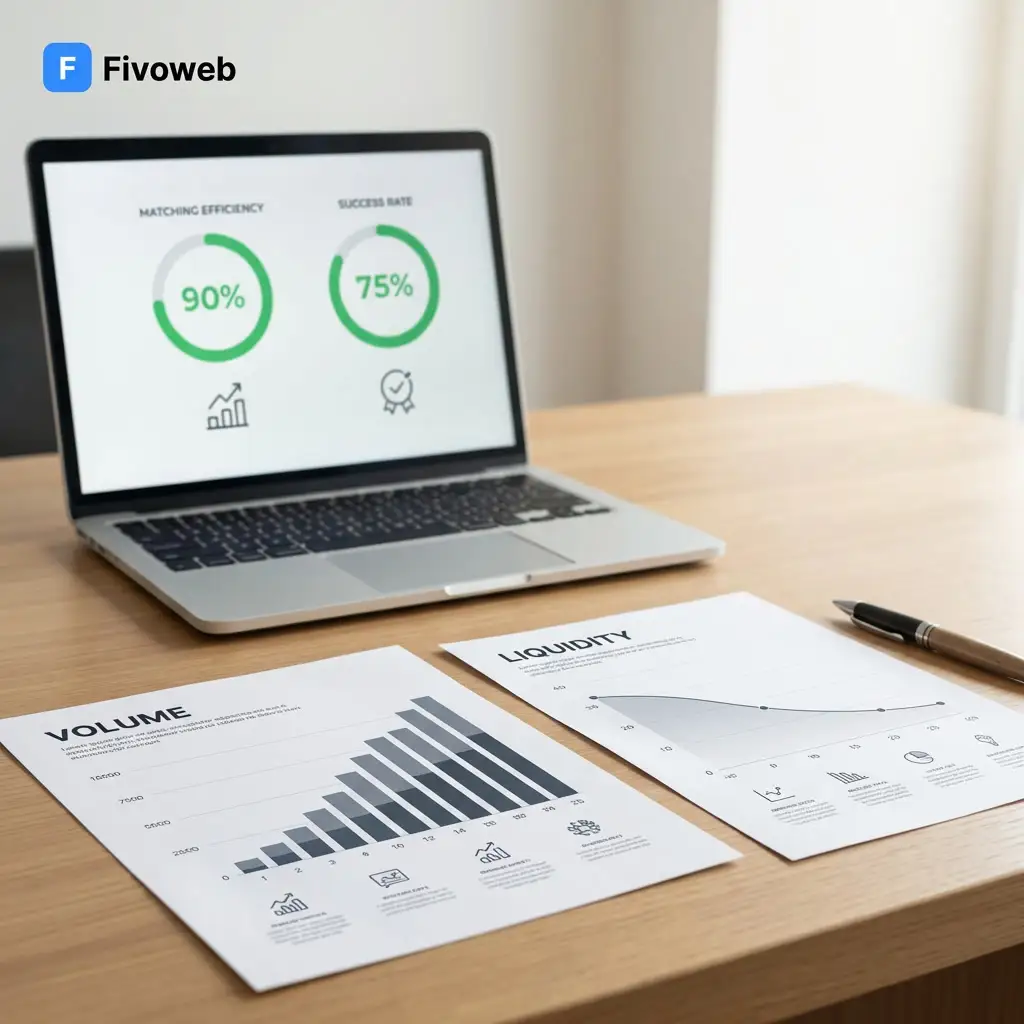
Liquidity Is Not Volume: The Structural Mistake That Kills Marketplaces

The Take Rate Trap: Why Raising Commissions Is the Fastest Way to Kill a Marketplace

When to Fire Sellers: Why the Best Marketplaces Grow Faster by Shrinking Supply
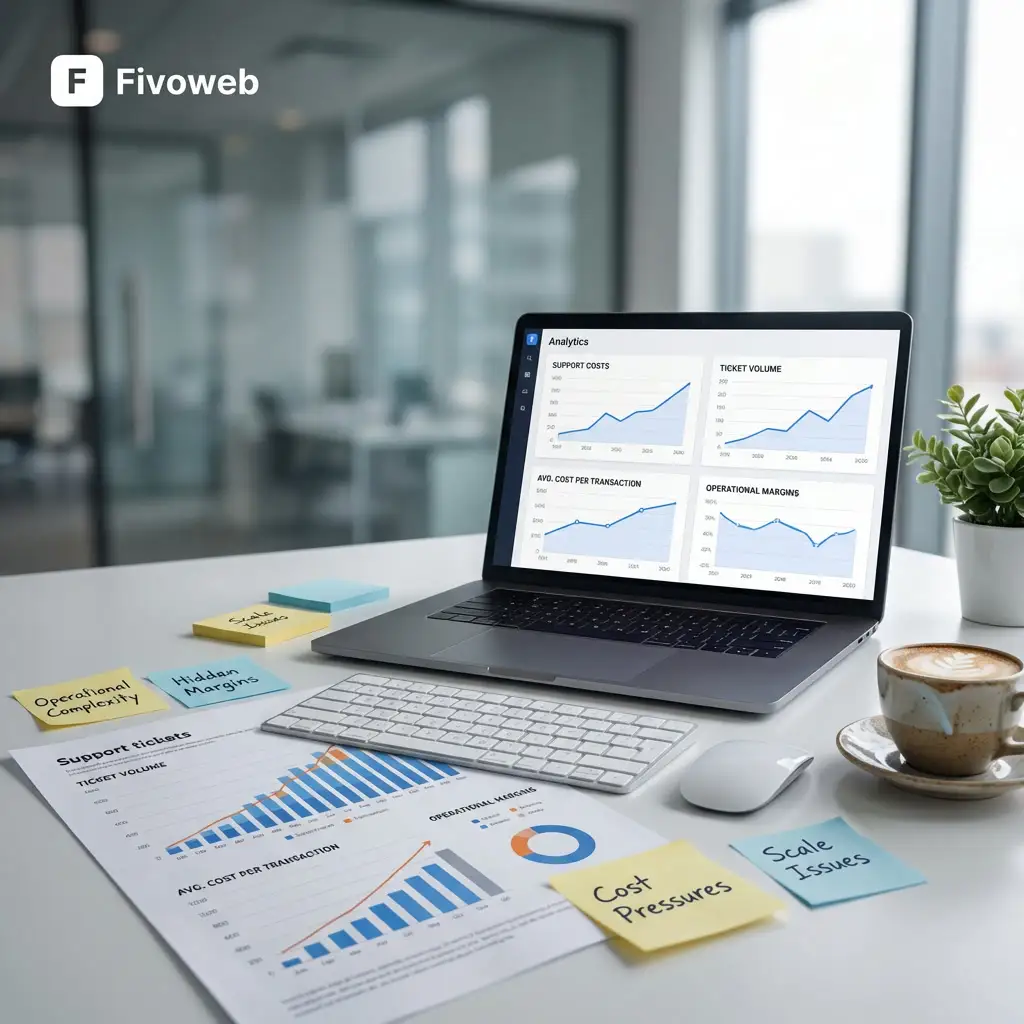
Marketplace Support Costs: The Hidden Margin Killer No One Models
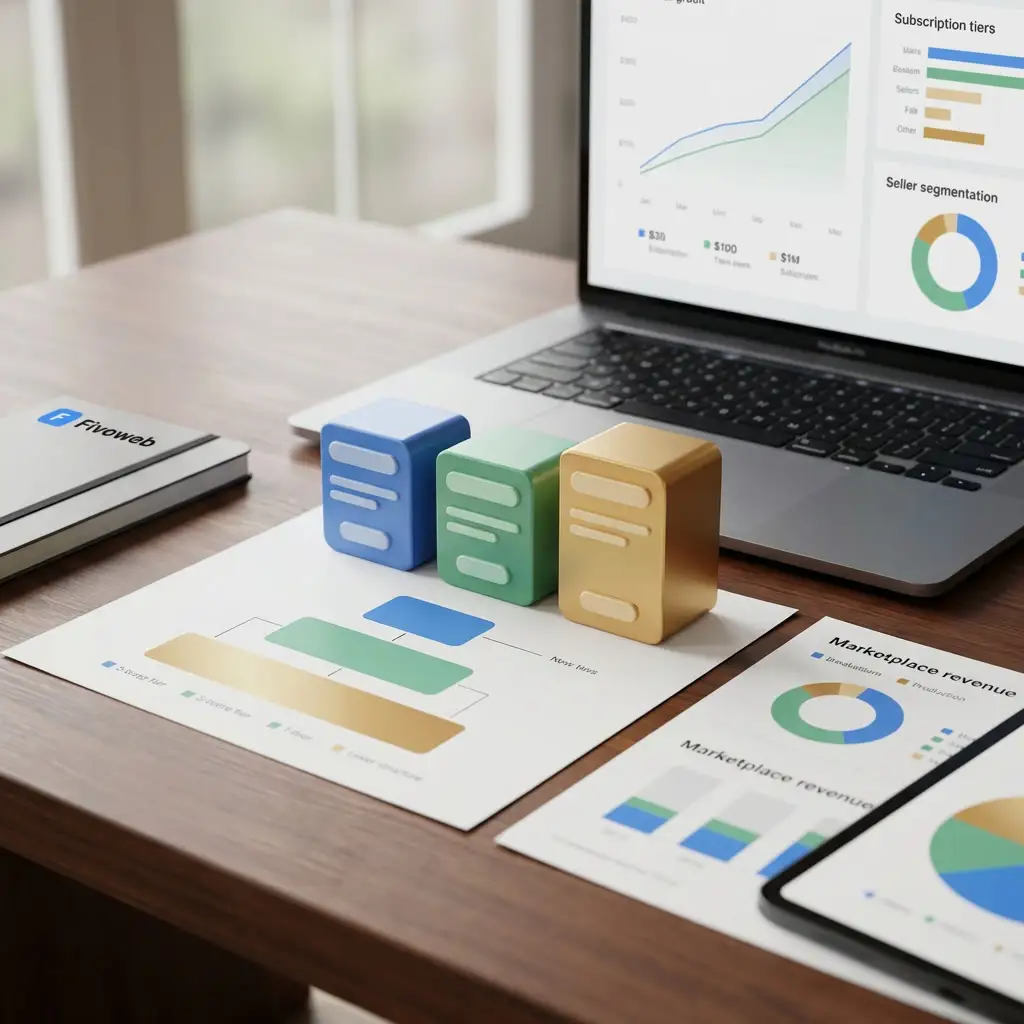
Tiered Pricing Without Backlash: How to Monetize Sellers Without Killing Growth
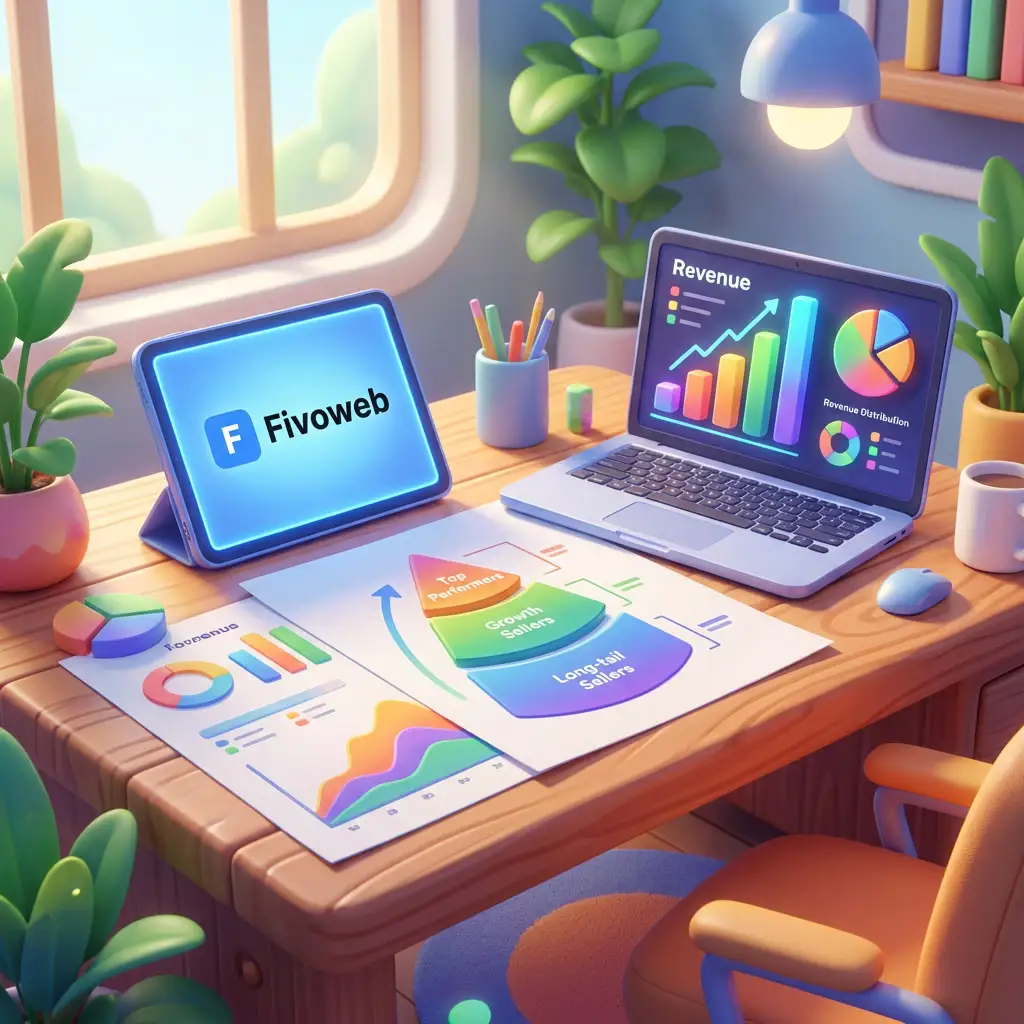
Seller Segmentation: The Missing System Behind Profitable Marketplaces

Why Most Marketplaces Die at €1–3M GMV (And How to Avoid It)
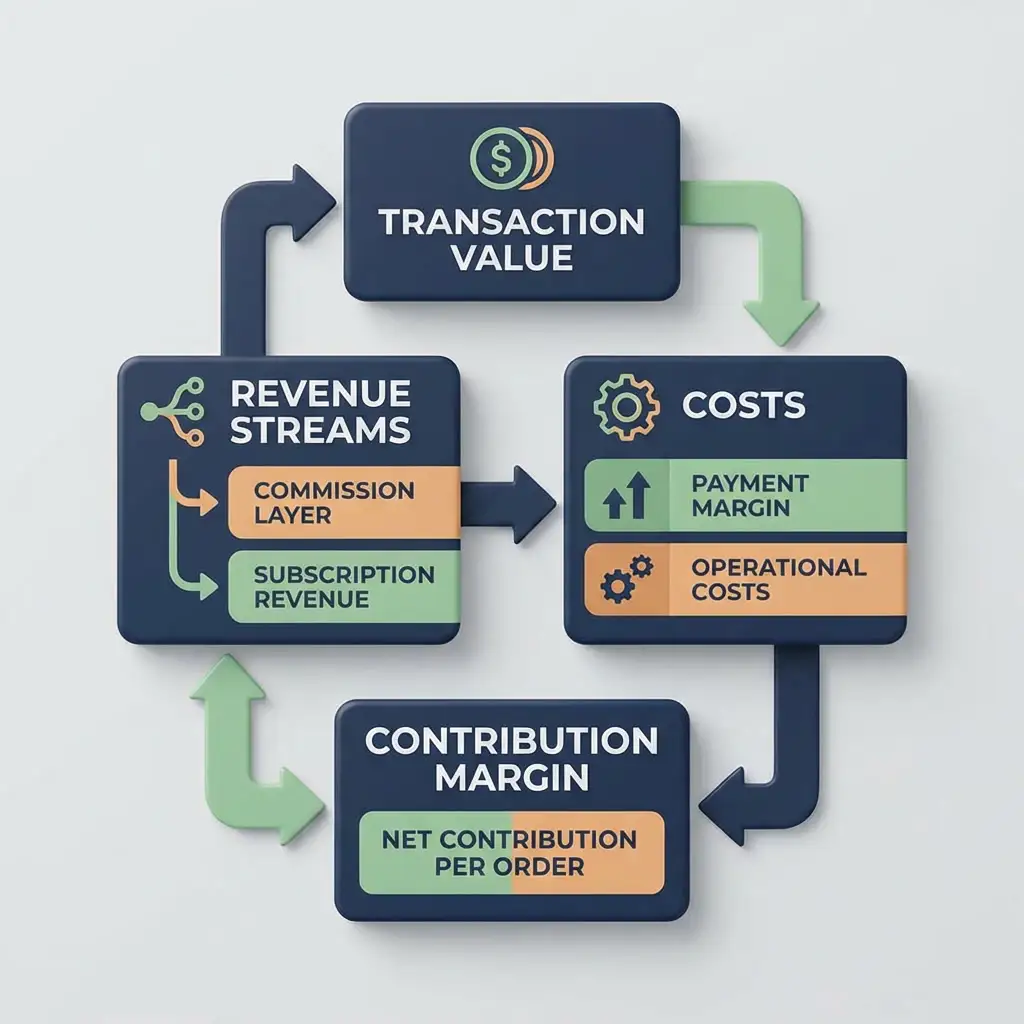
Marketplace Unit Economics: When Growth Actually Becomes Profitable
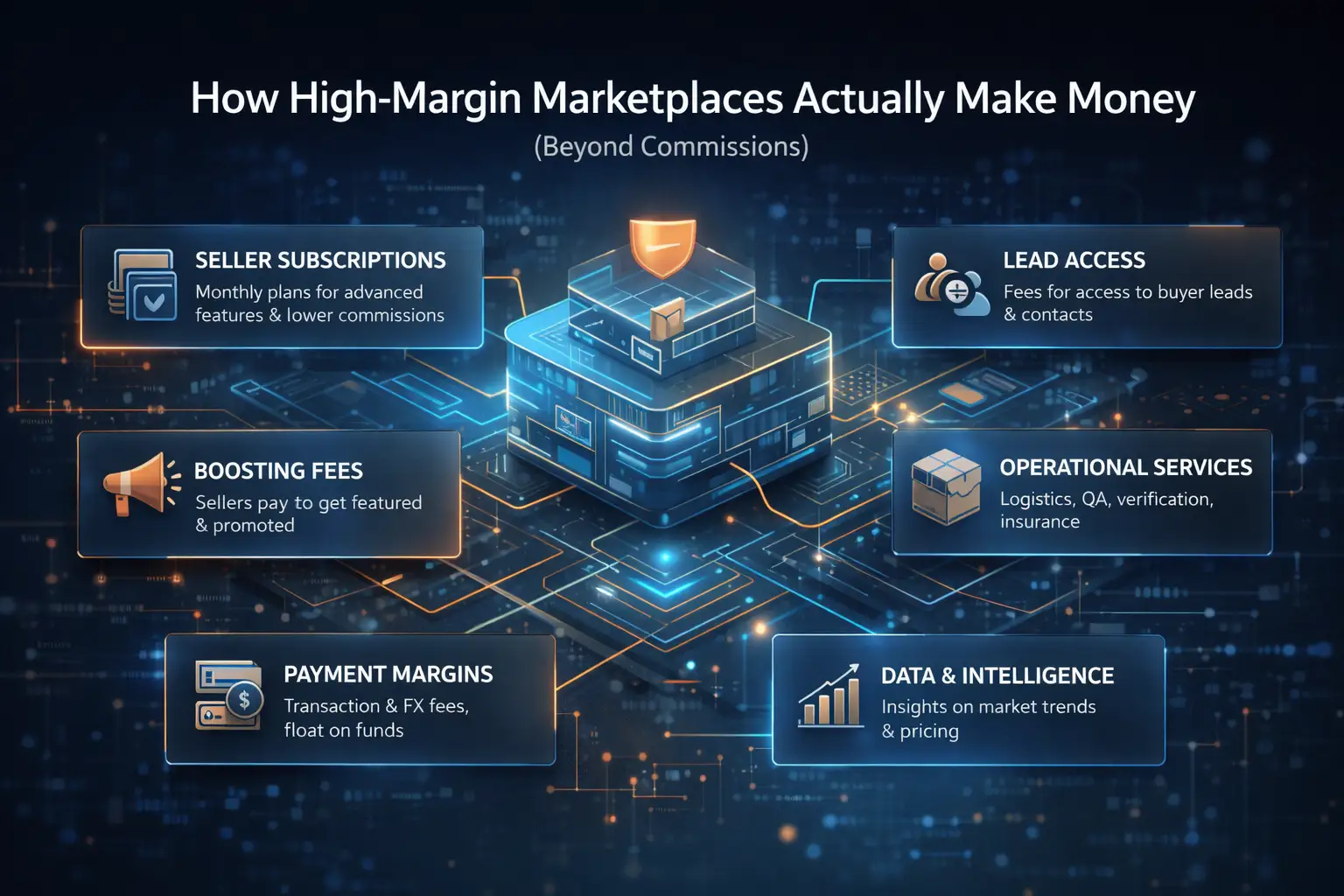
How High-Margin Marketplaces Actually Make Money (Beyond Commissions)
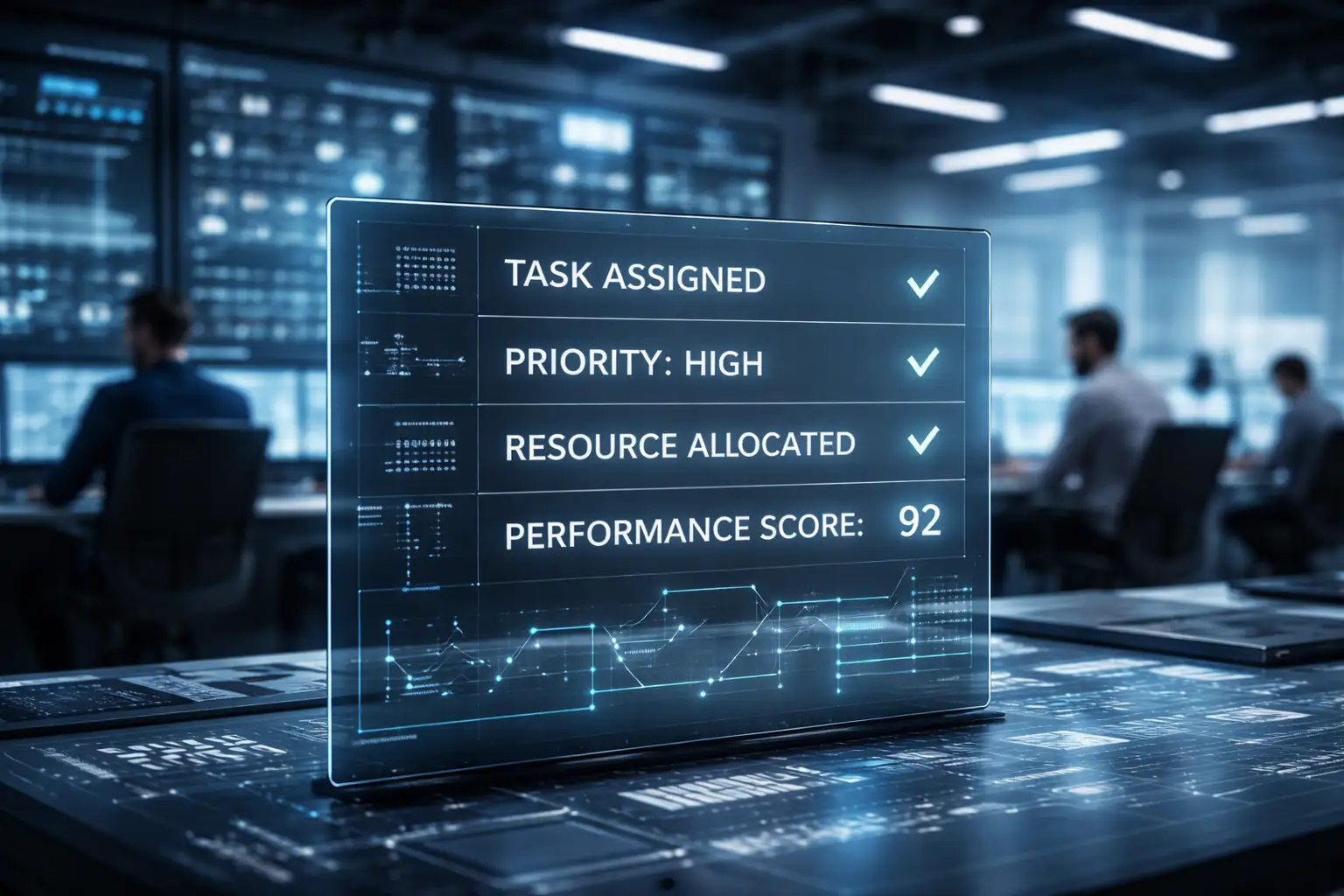
Algorithmic Middle Management: How Software Replaces Control Layers
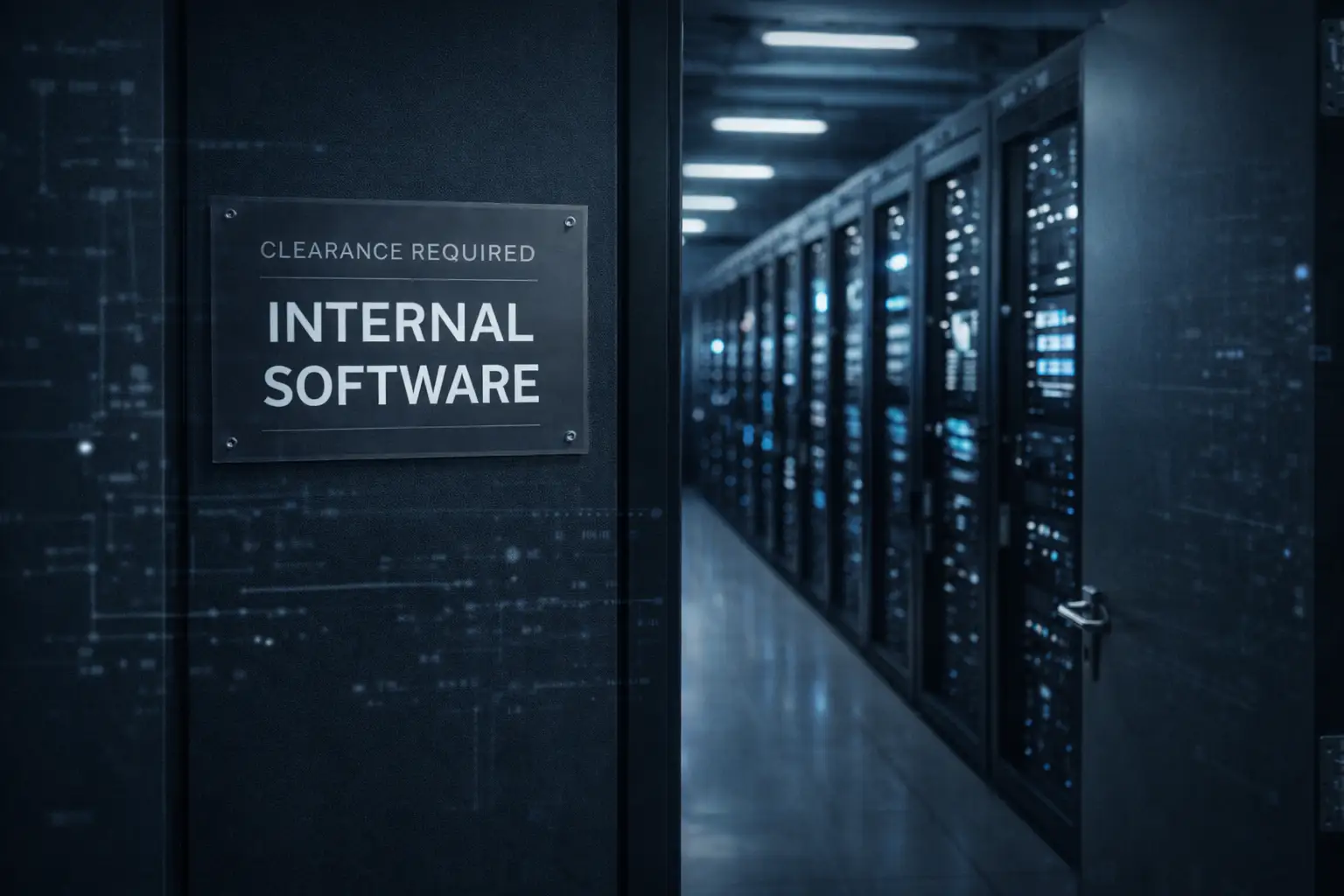
The Rise of Internal Software: Why the Most Profitable Digital Products Are Built for Companies, Not
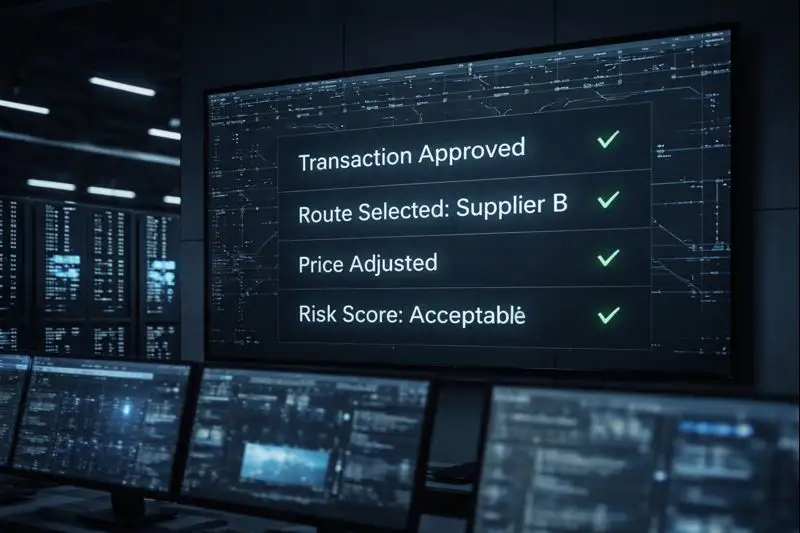
Decision-Centric Software: Why the Real Value of Digital Products Is Shifting from Features to Decis
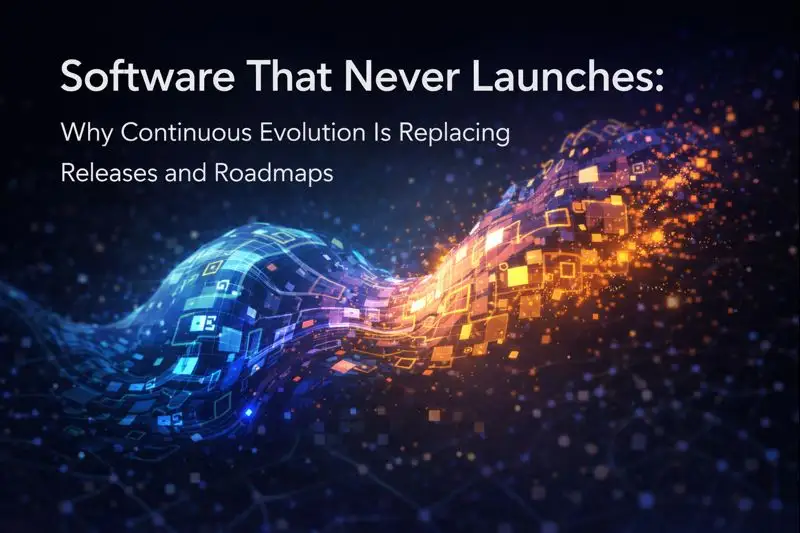
Software That Never Launches: Why Continuous Evolution Is Replacing Releases and Roadmaps
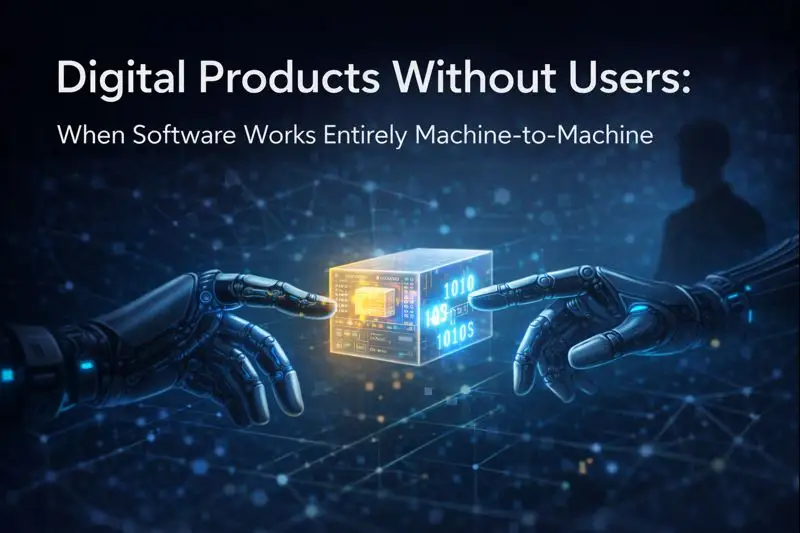
Digital Products Without Users: When Software Works Entirely Machine-to-Machine
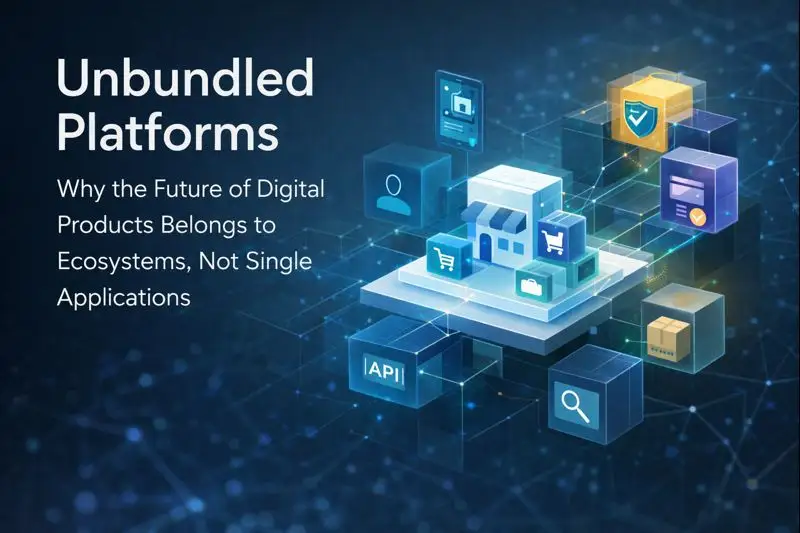
Unbundled Platforms: Why the Future of Digital Products Belongs to Ecosystems, Not Single Applicatio

Silent Software: Why the Most Valuable Digital Products of the Future Will Be the Ones Users Barely
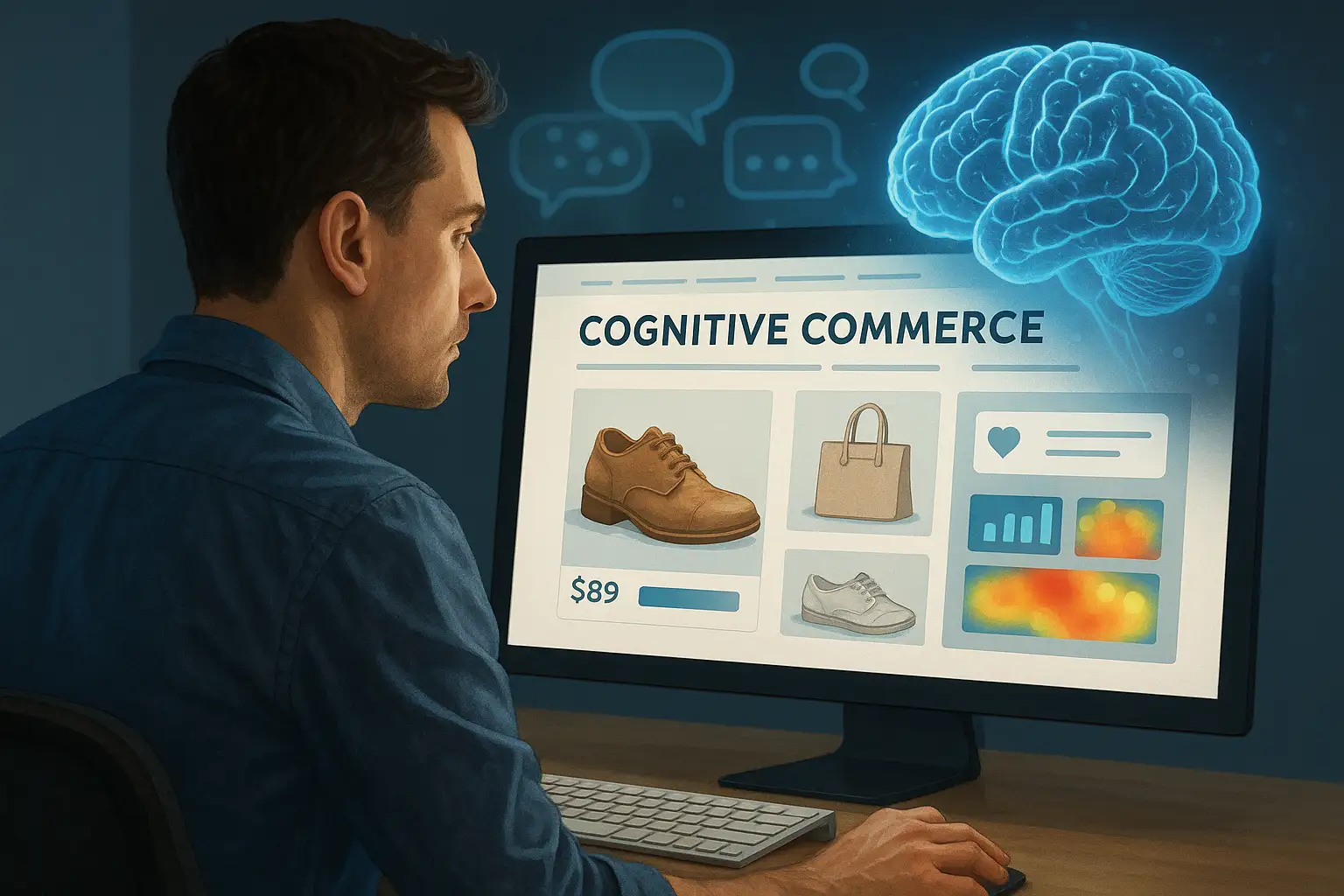
Cognitive Commerce: How AI Learns to Think Like Your Customers and Redefines Digital Shopping

Predictive UX: How AI Anticipates User Behavior Before It Happens
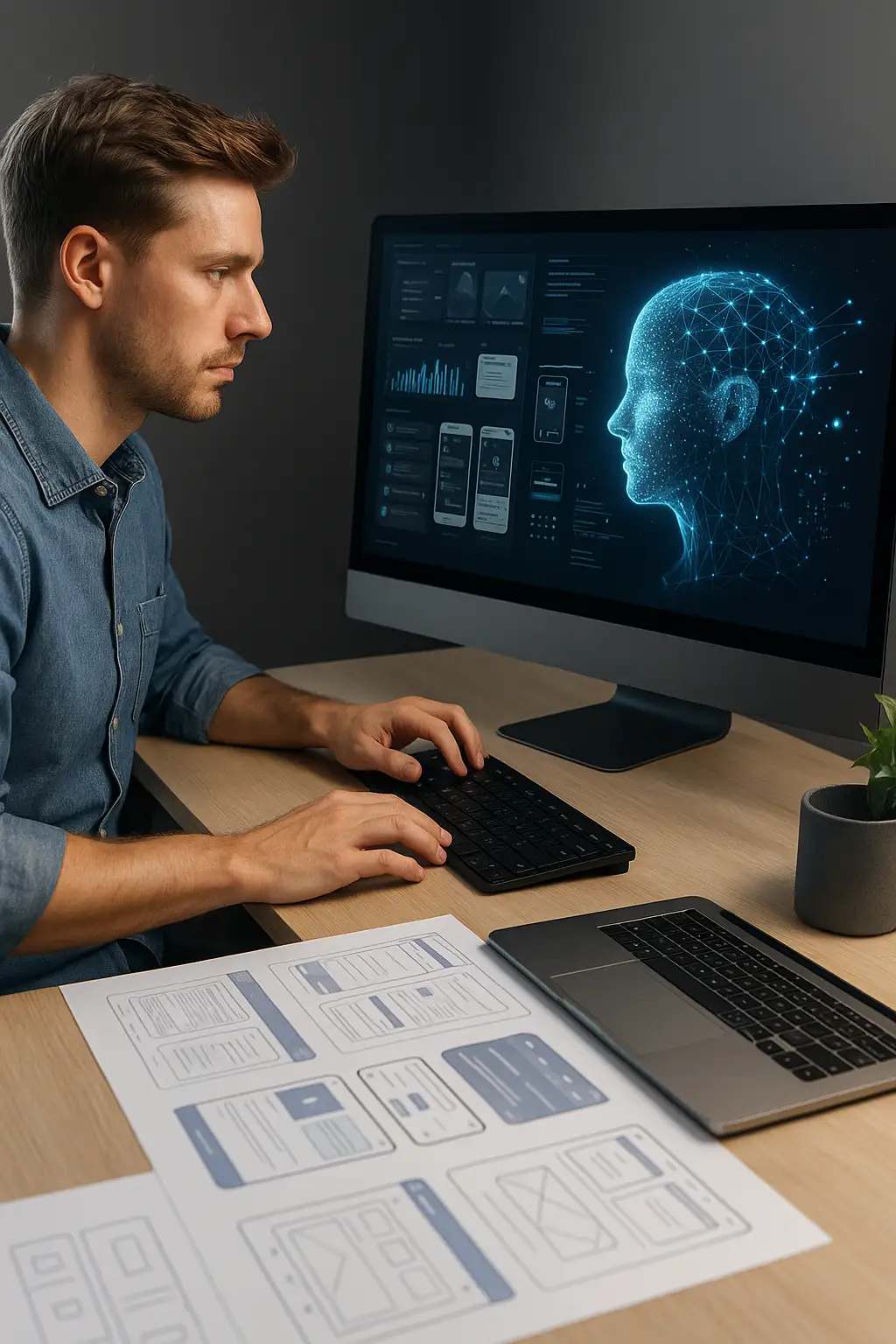
AI-Driven Product Innovation: How Intelligent Systems Are Transforming the Way Digital Products Are
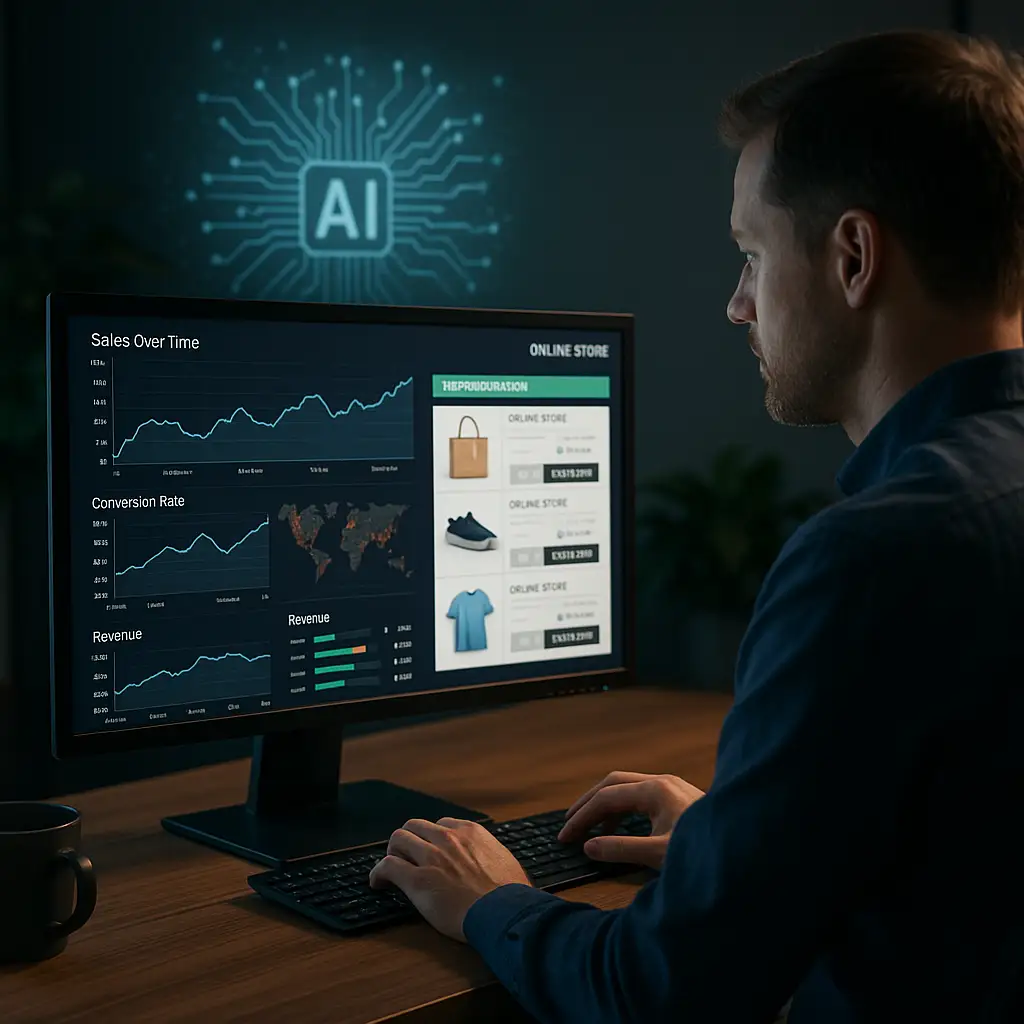
Adaptive Commerce: How AI-Driven Systems Automatically Optimize Online Stores in Real Time
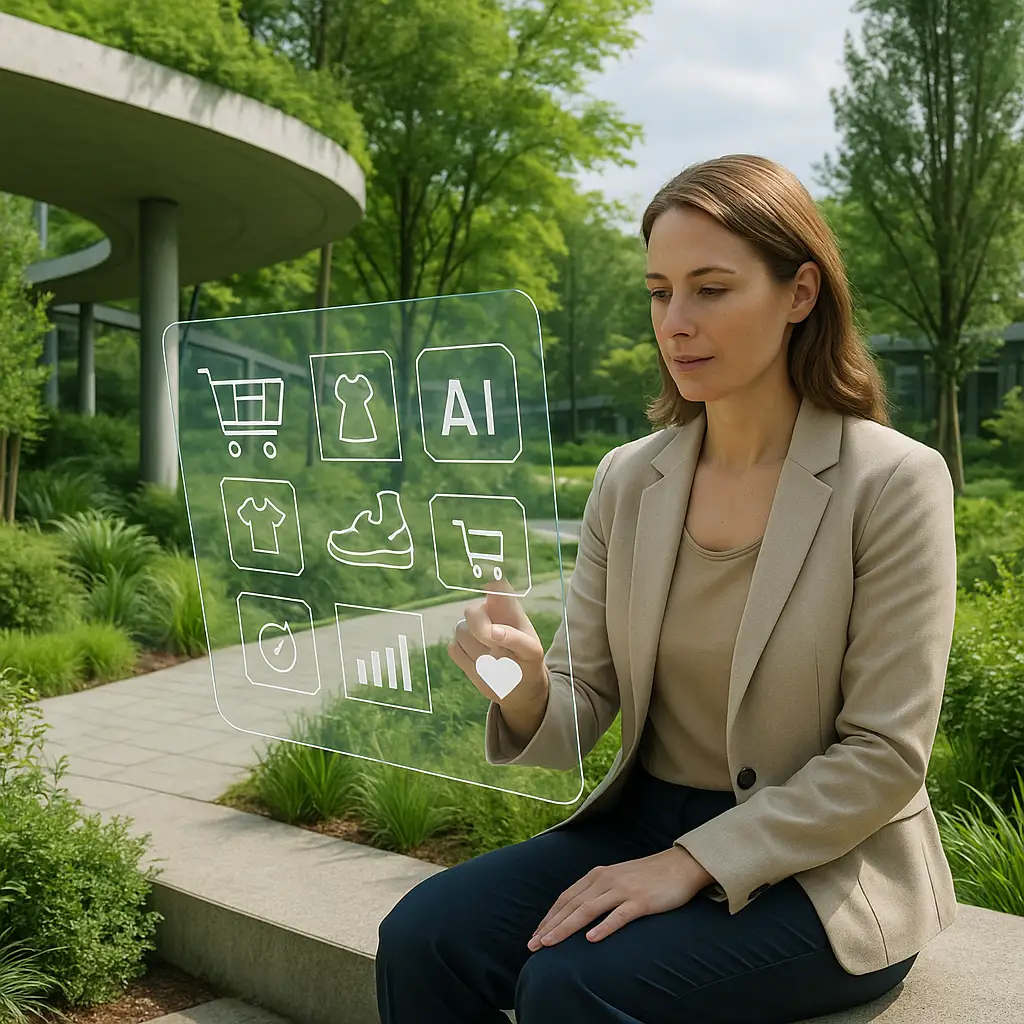
Zero-UI Commerce: How Invisible Interfaces Are Becoming the Future of Online Shopping
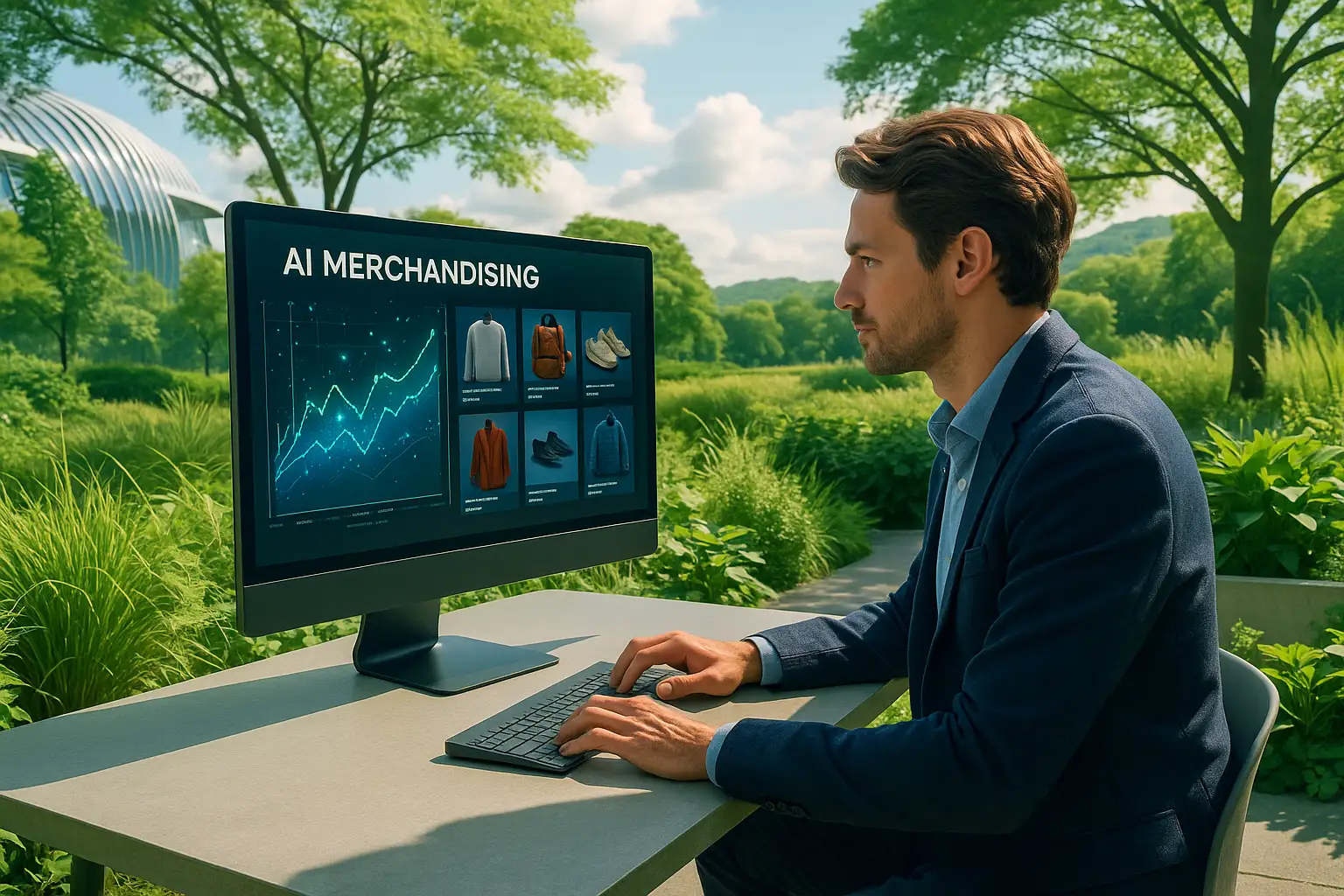
AI Merchandising: How Intelligent Algorithms Are Transforming Product Discovery in Modern E-Commerce

Composable Commerce: How Modular Architecture Is Reshaping Modern E-Commerce and Marketplace Develop

Context-Aware Software: How Apps Are Becoming Smarter, Adaptive, and Environment-Responsive
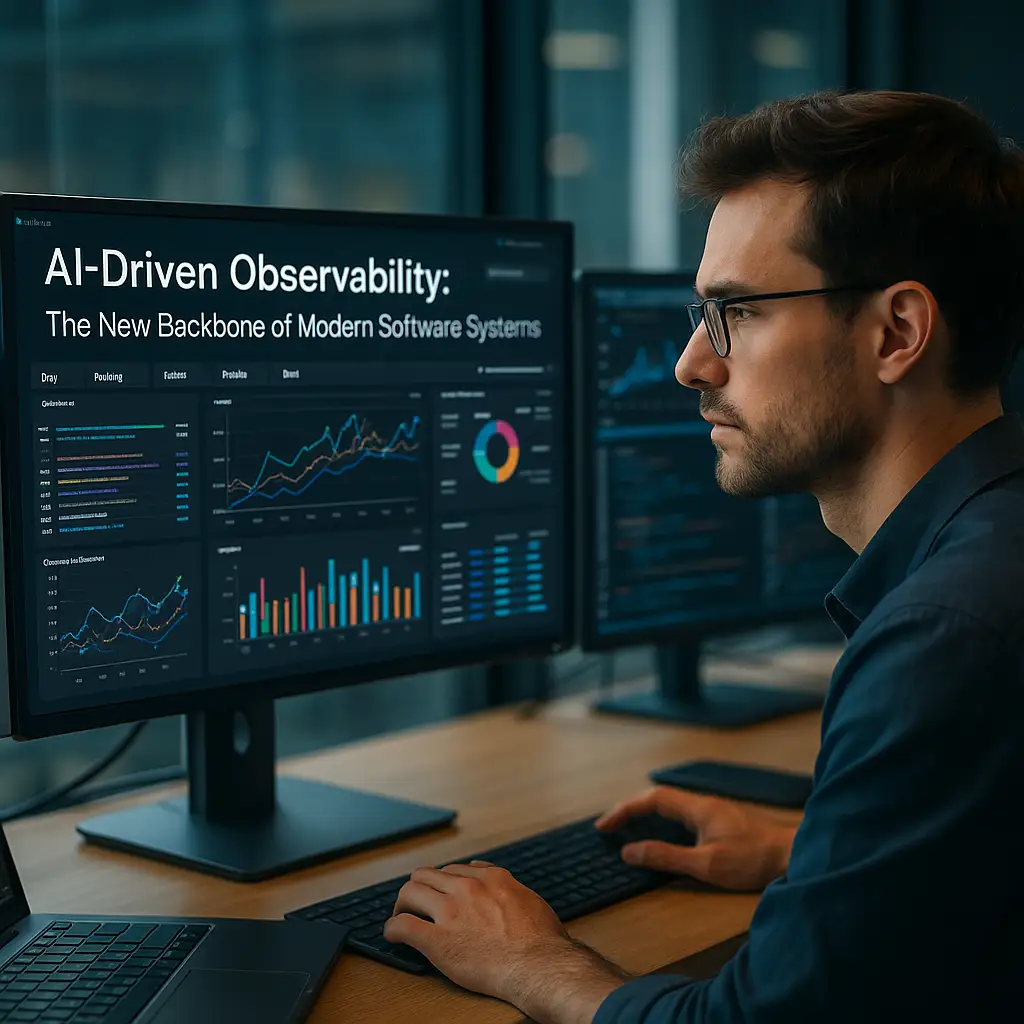
AI-Driven Observability: The New Backbone of Modern Software Systems

Hyper-Personalized Software: How AI Is Creating Products That Adapt Themselves to Every User
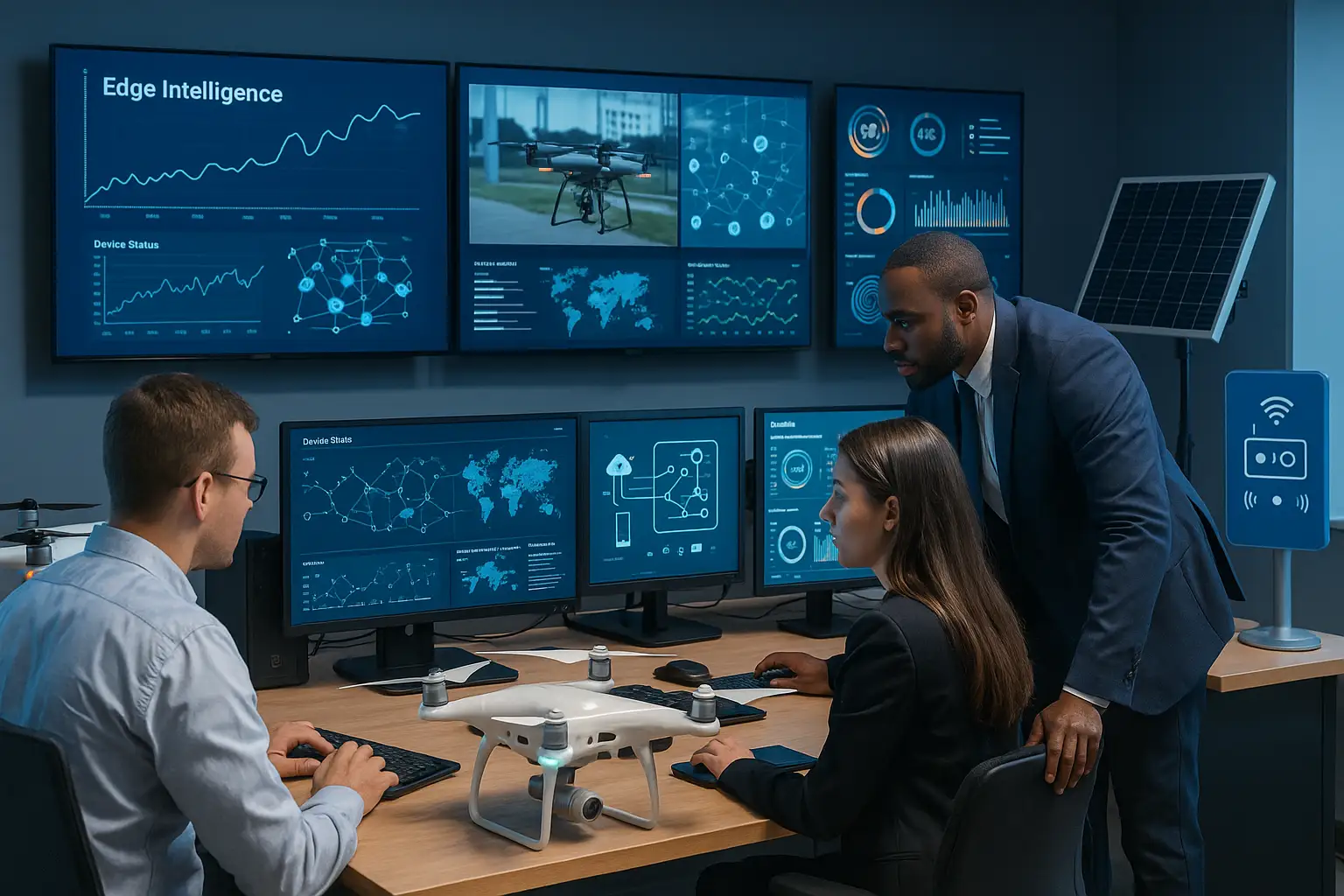
Edge Intelligence: The Future of Smart, Decentralized Computing
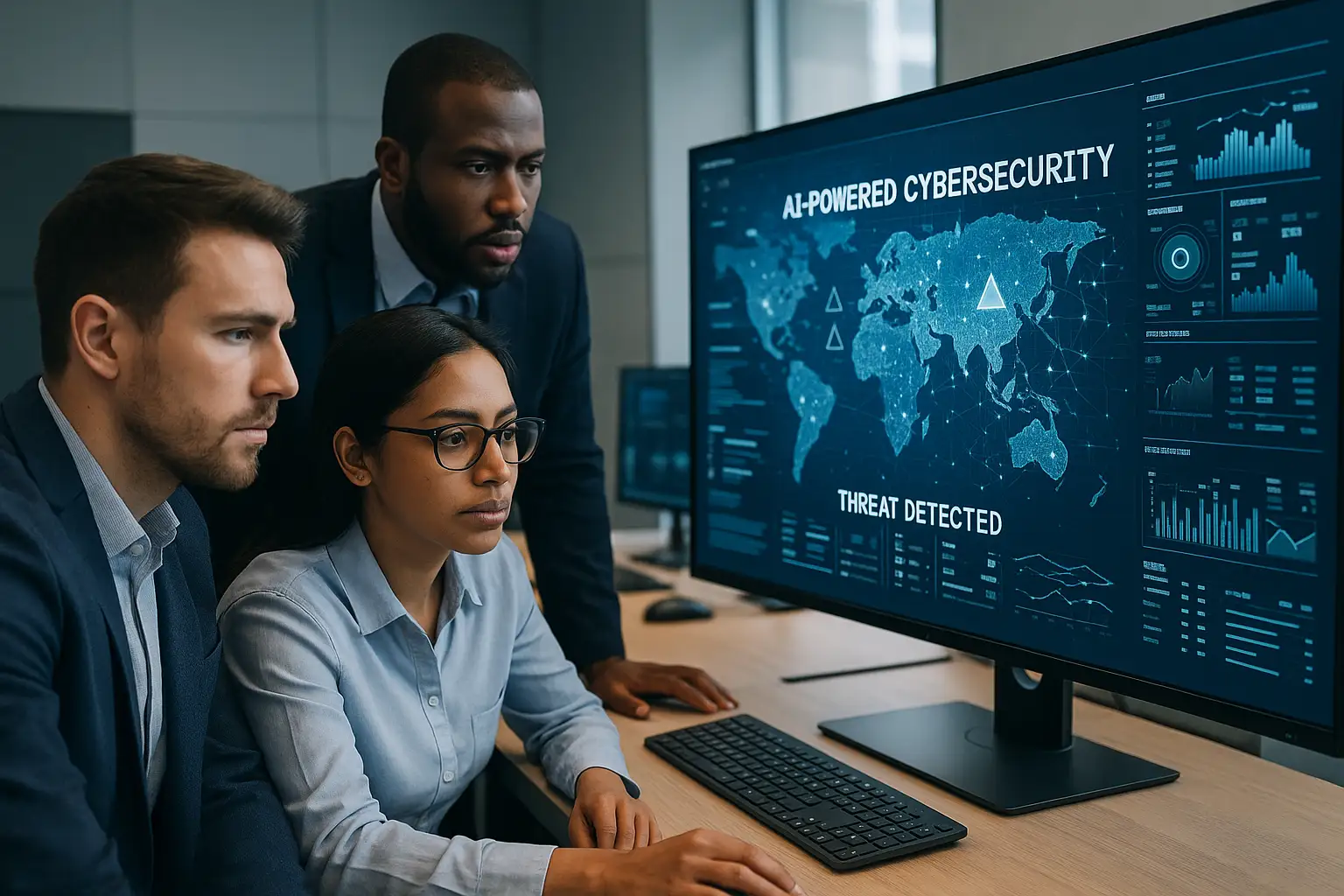
AI-Powered Cybersecurity: How Intelligent Systems Are Redefining Digital Defense
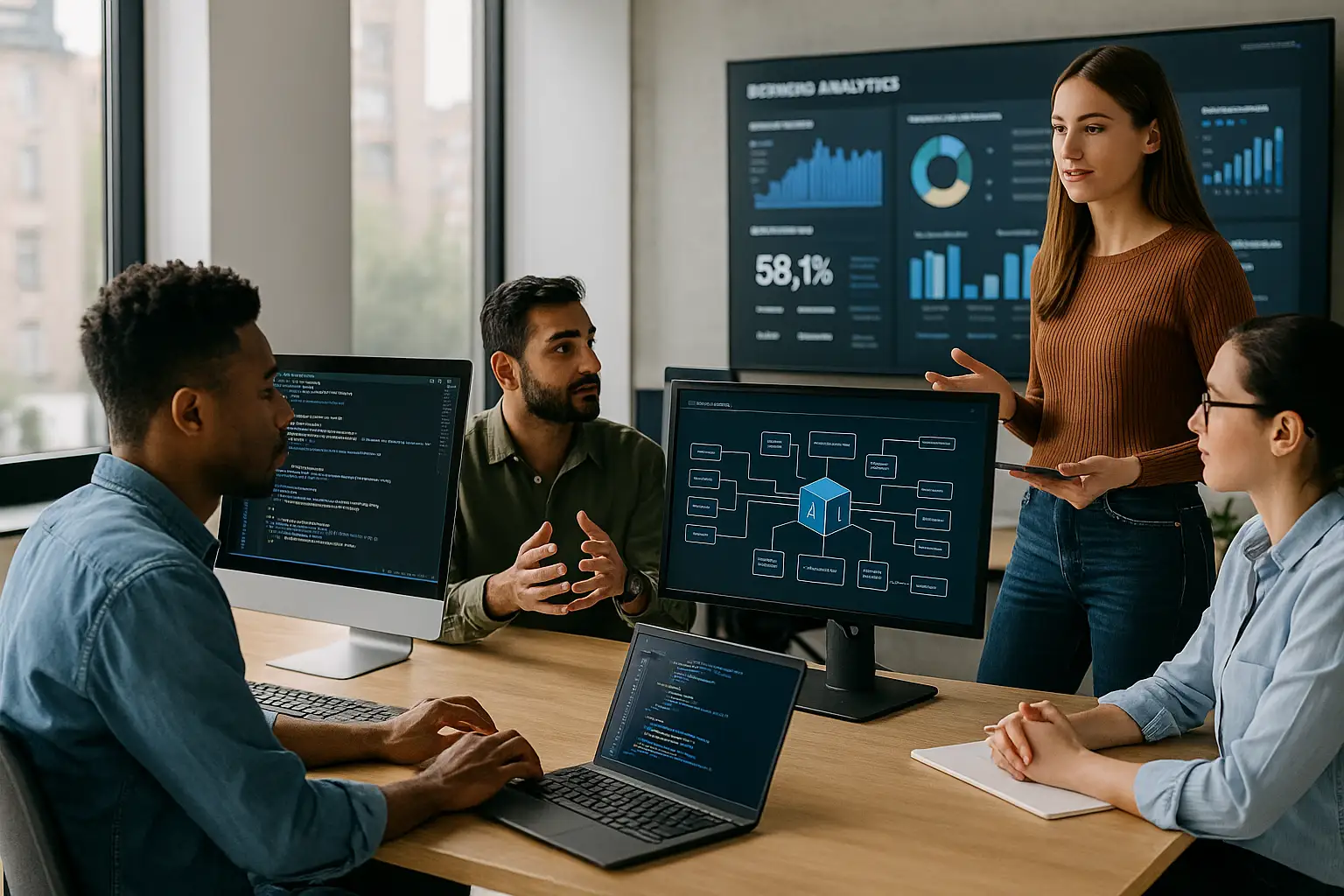
Modern Software: How Our Company Is Reshaping the Technology Landscape
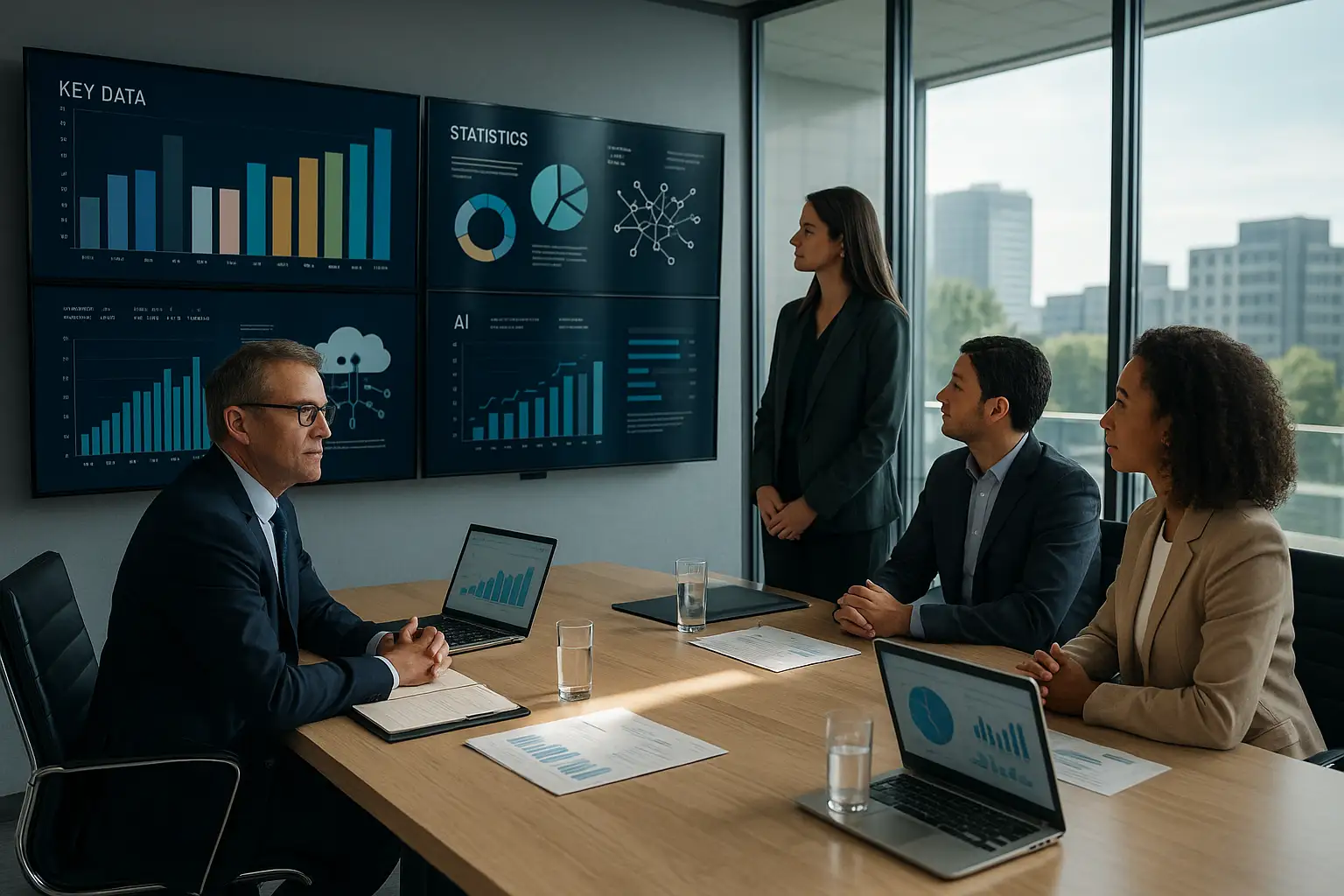
From Digital Transformation to Digital Maturity: Building the Next Generation of Tech-Driven Busines
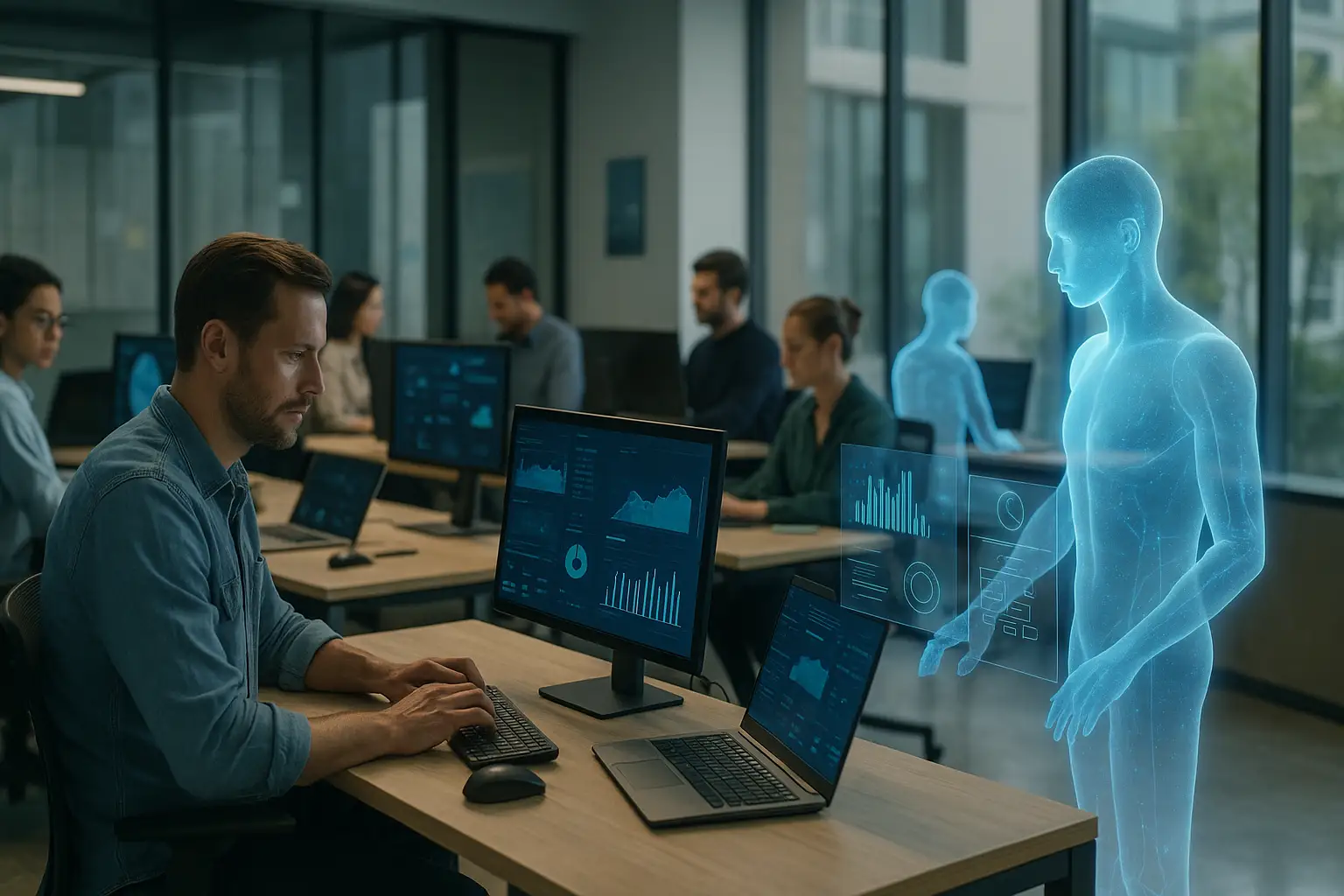
AI Agents: The Rise of Autonomous Digital Workers in Business and Software Engineering
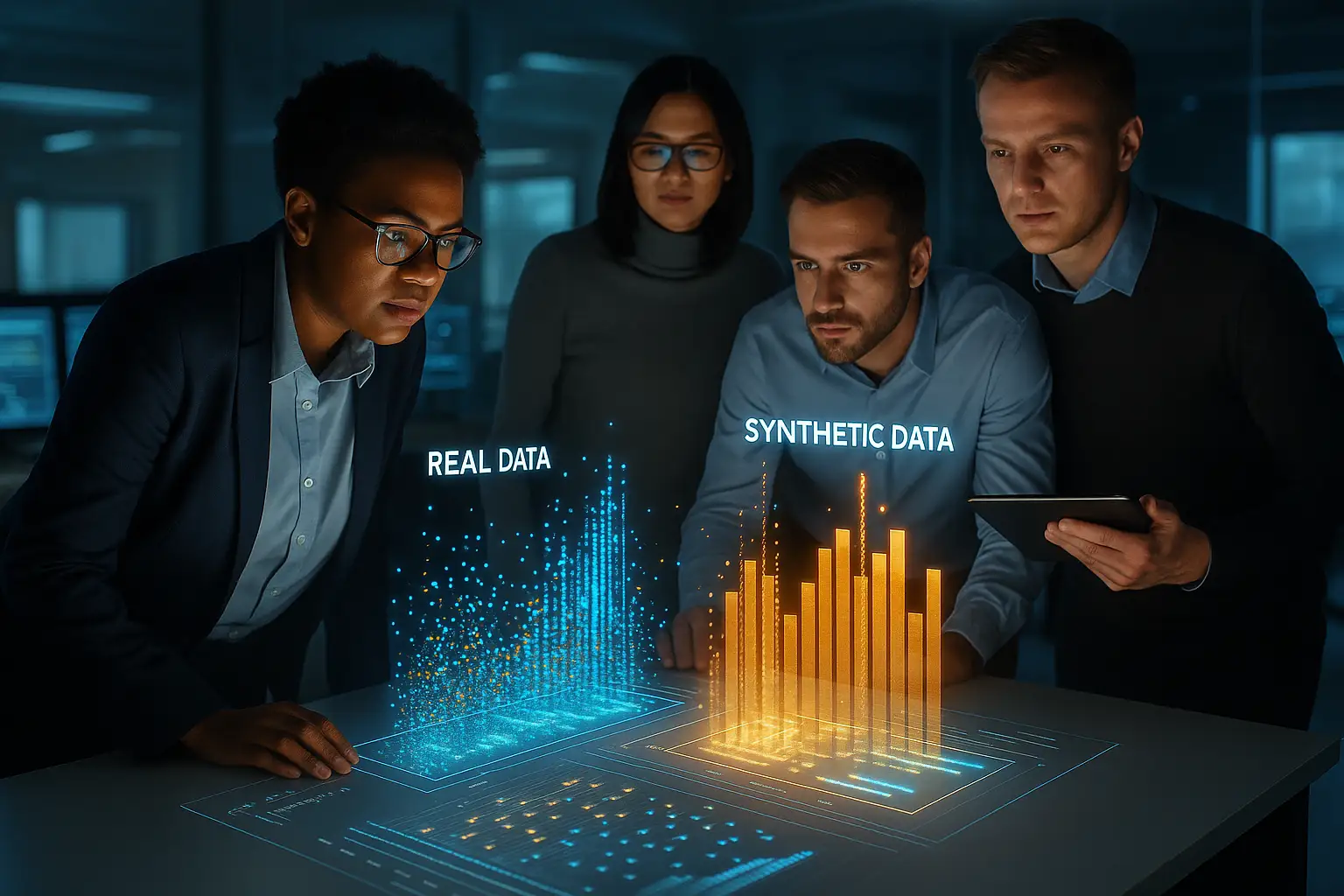
Synthetic Data: The Next Frontier of AI and Business Intelligence
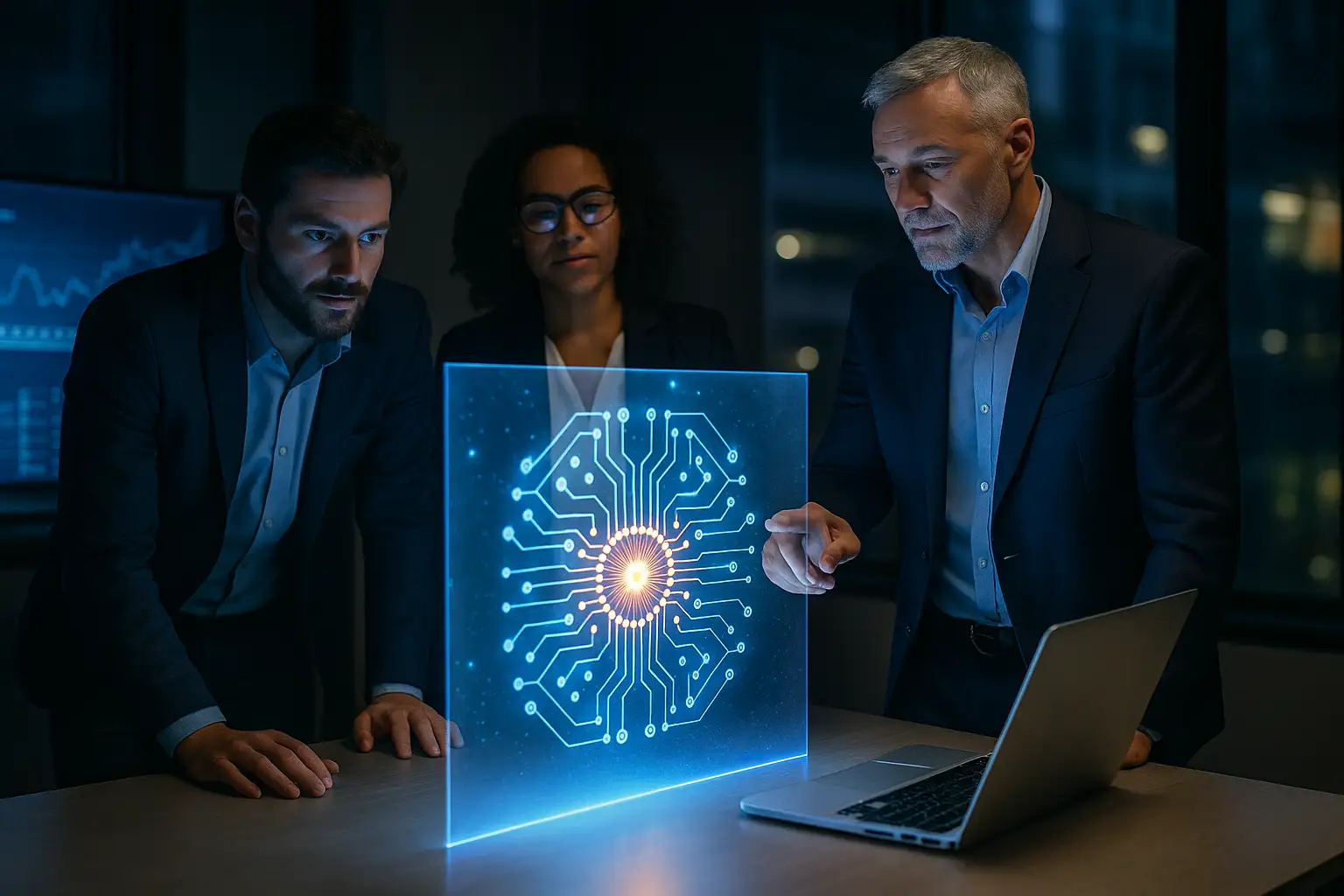
Quantum AI: How Quantum Computing Will Redefine Artificial Intelligence and Software Engineering
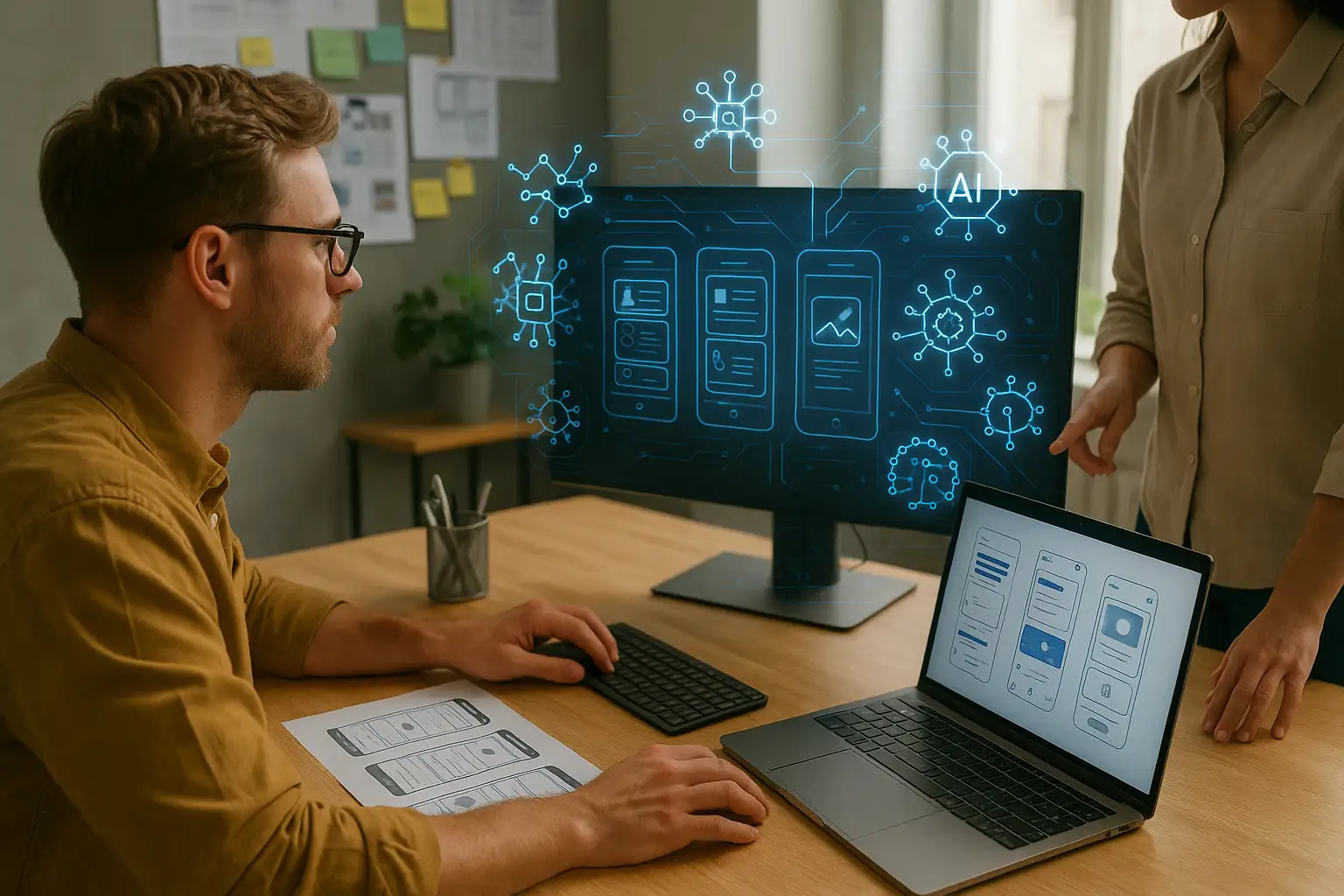
Design Intelligence: How AI Is Redefining UX/UI and Digital Product Creativity
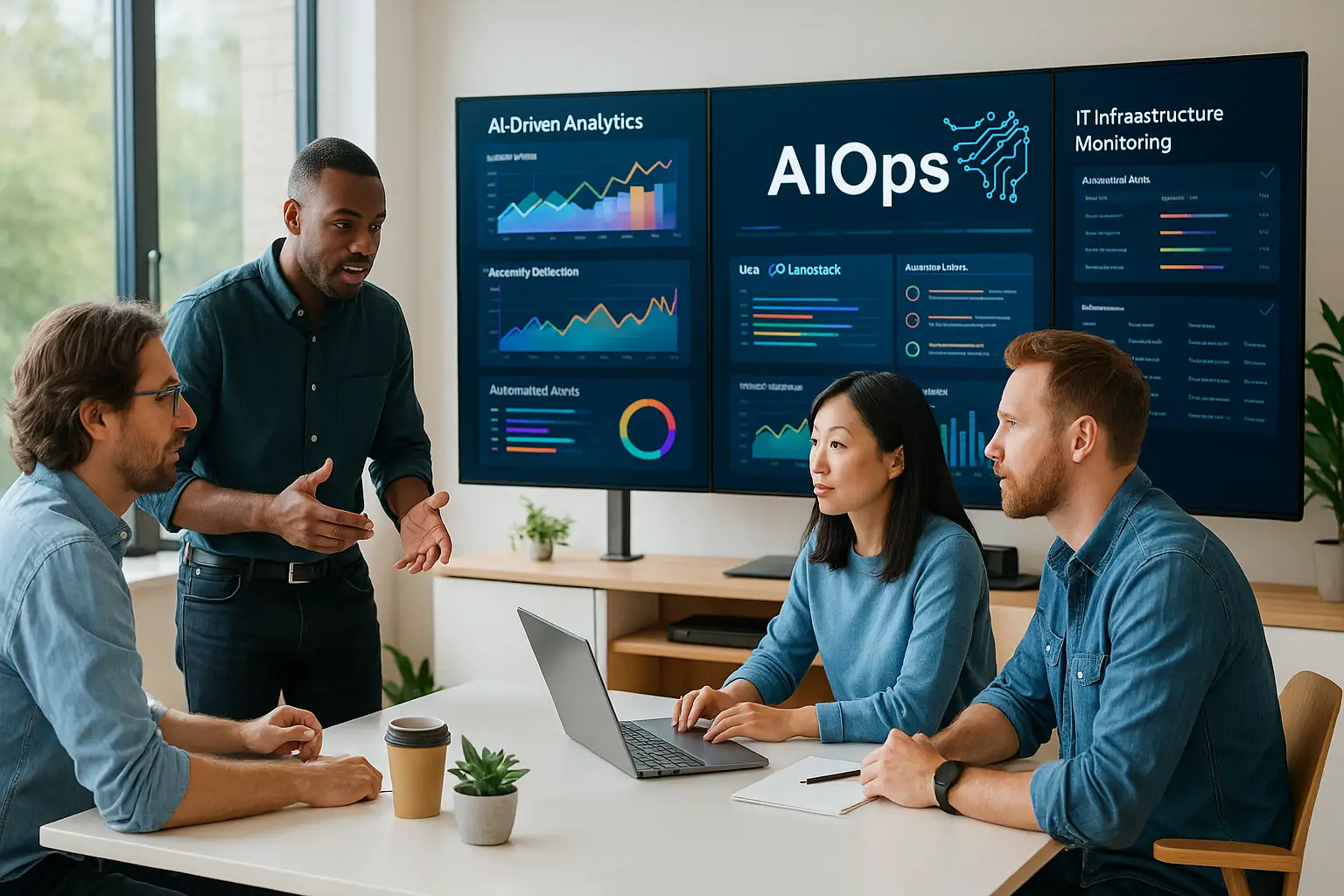
How Artificial Intelligence Is Transforming DevOps and IT Infrastructure
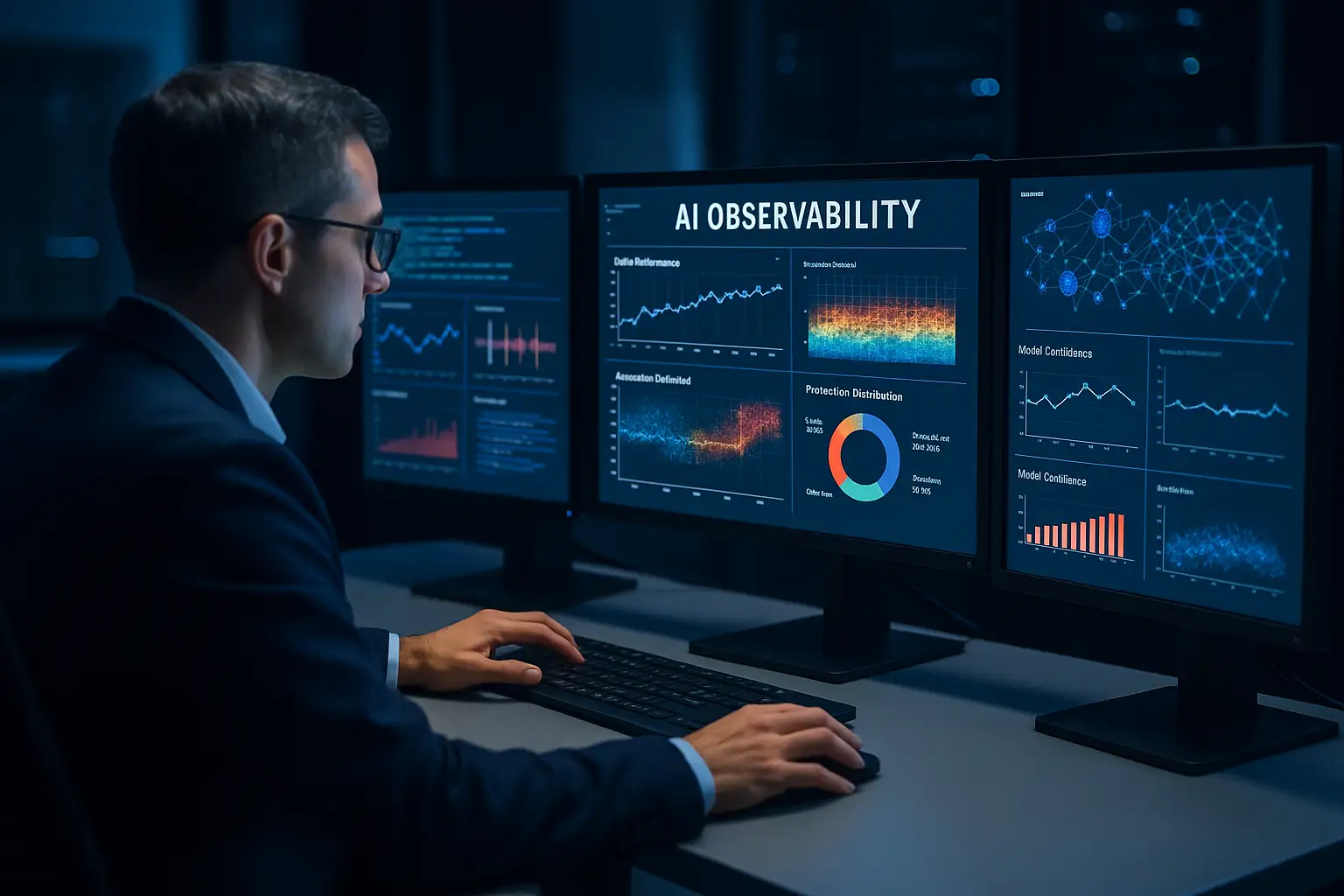
AI Observability in Production: Monitoring, Anomaly Detection, and Feedback Loops for Smart Applicat
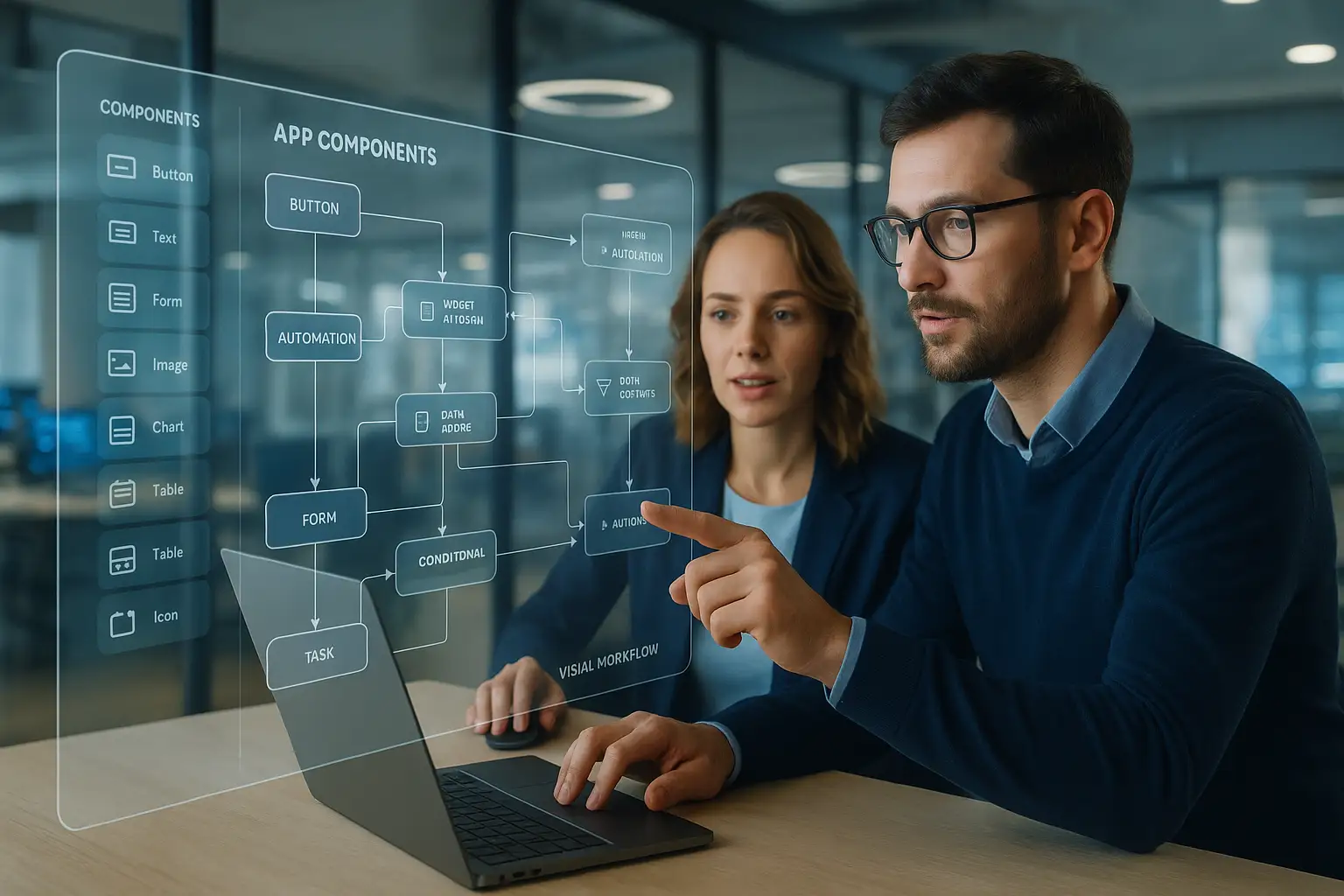
Low-Code Revolution: How Visual Development Is Transforming Software and Marketplace Creation
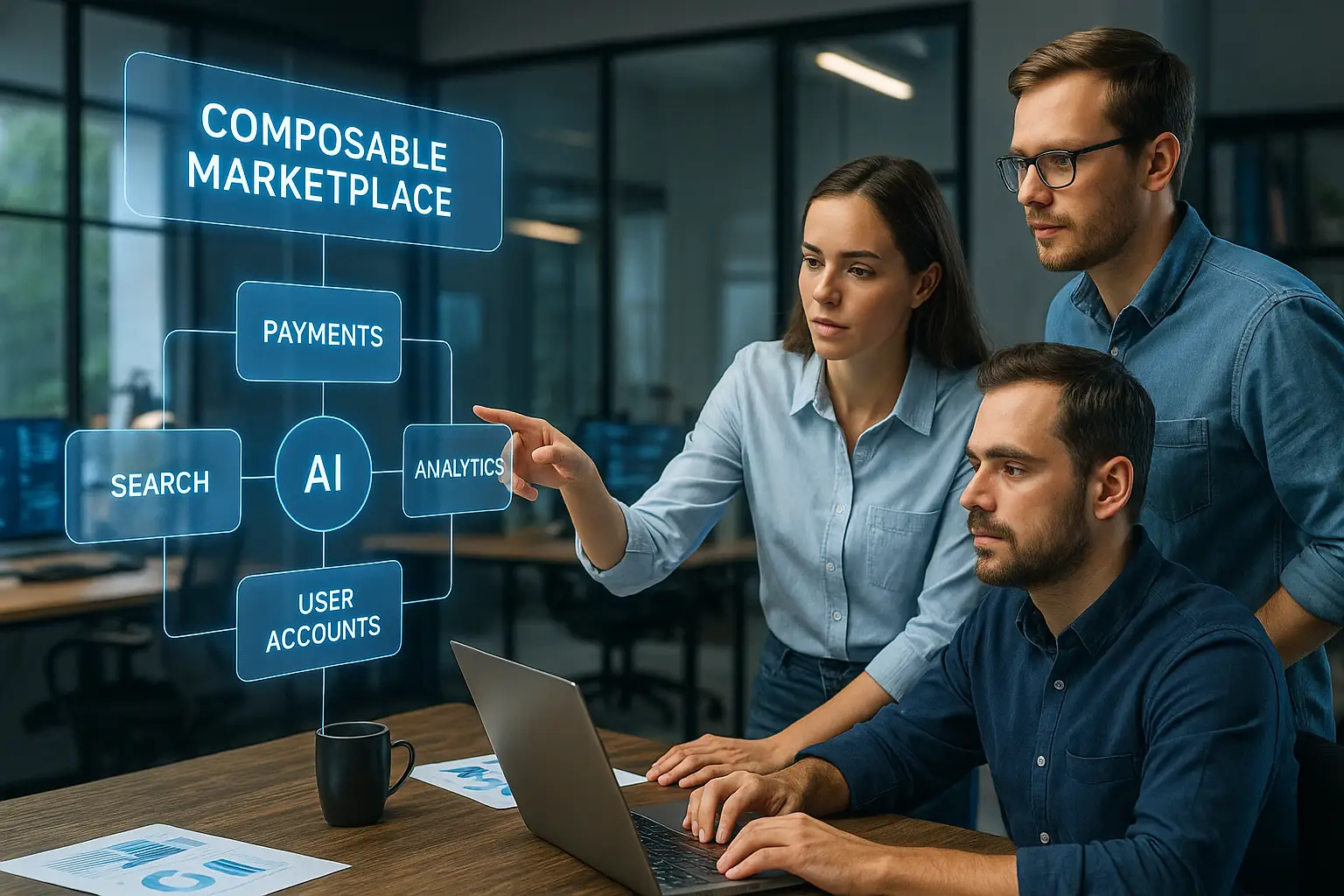
Composable Marketplaces: How Modular Architecture Is the Future of Platform Engineering
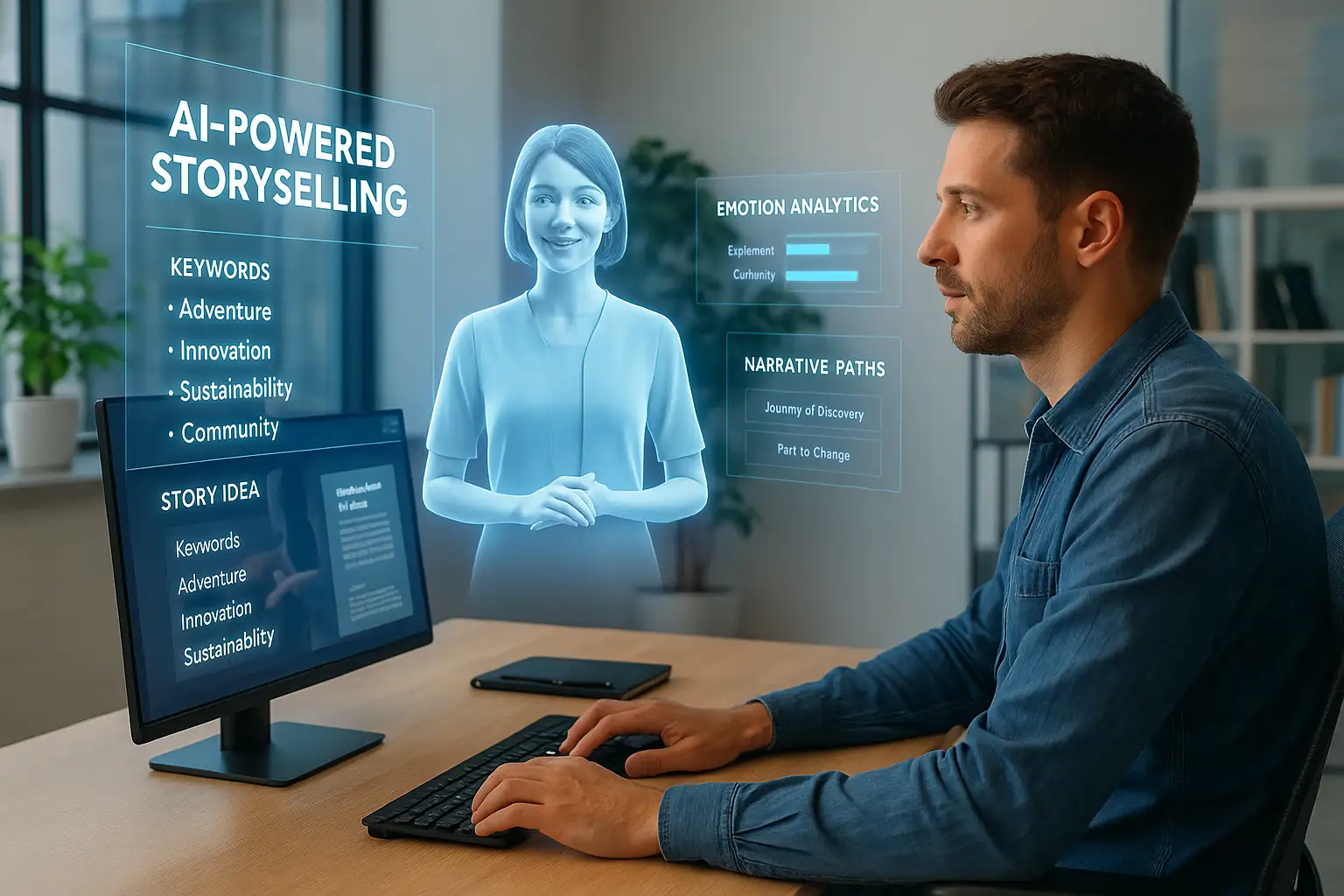
AI-Powered Storyselling: How Artificial Intelligence Is Reinventing Brand Narratives
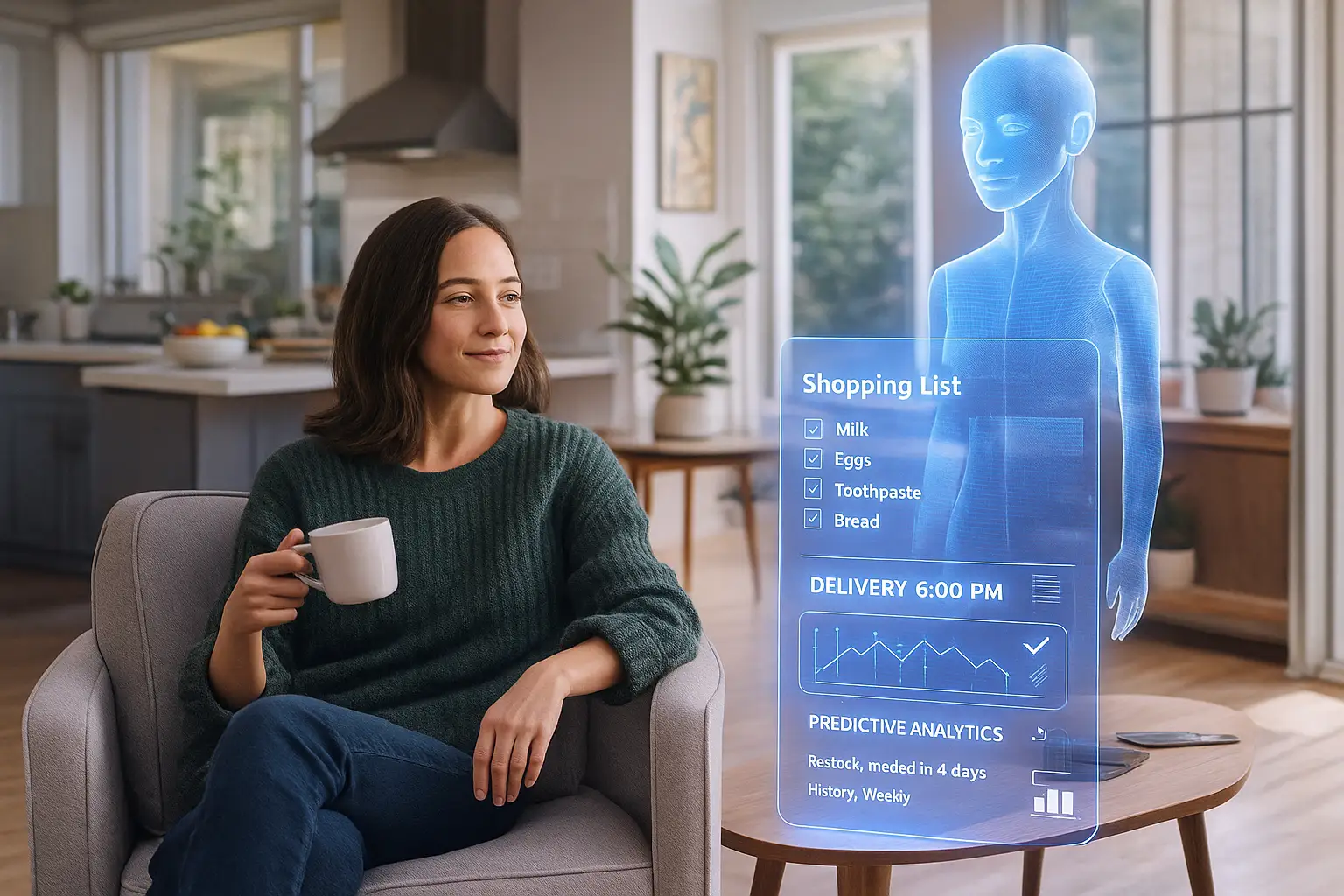
The Era of Invisible Commerce: How AI Will Make Shopping Disappear by 2030
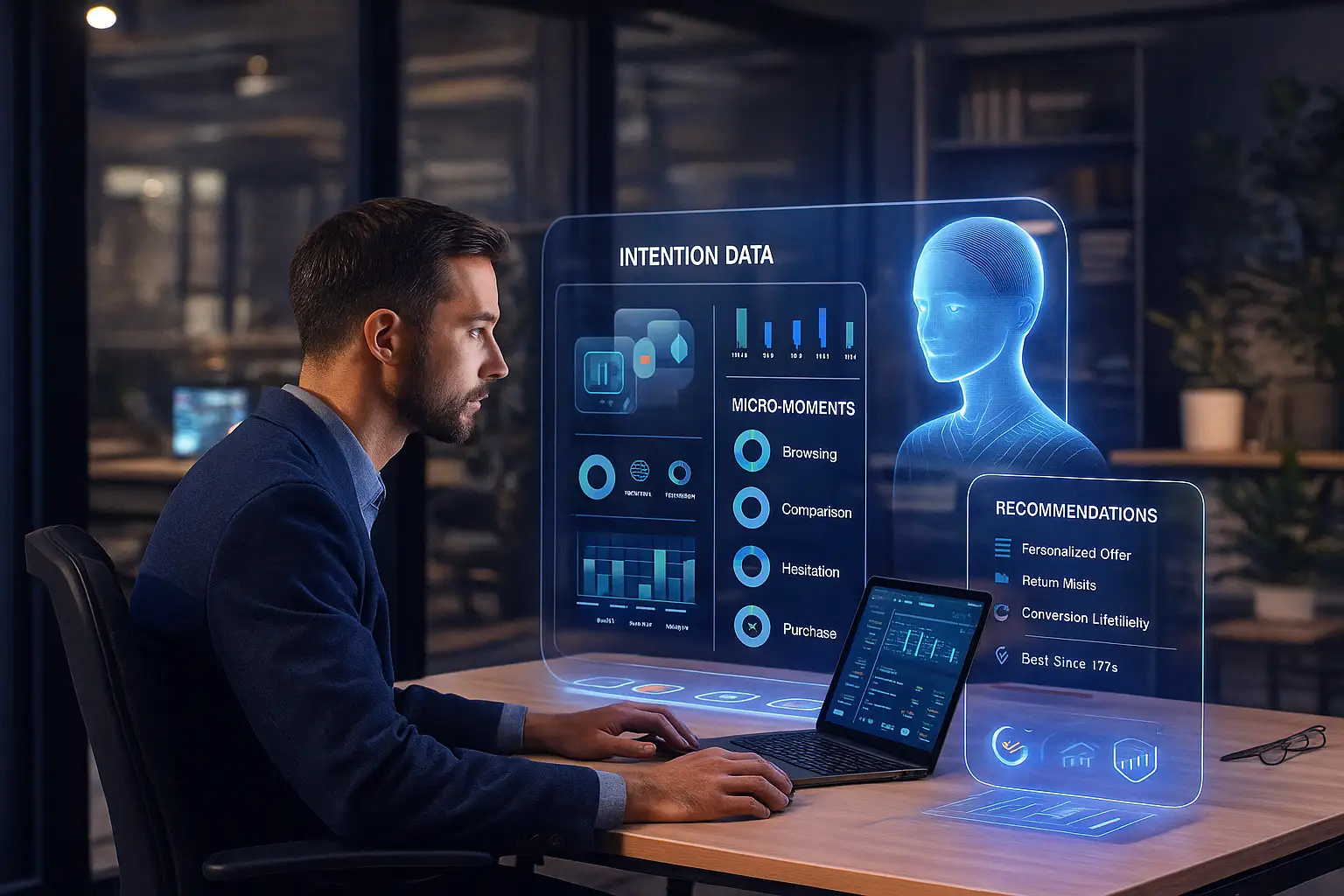
From Attention to Intention: The New Era of E-Commerce Engagement
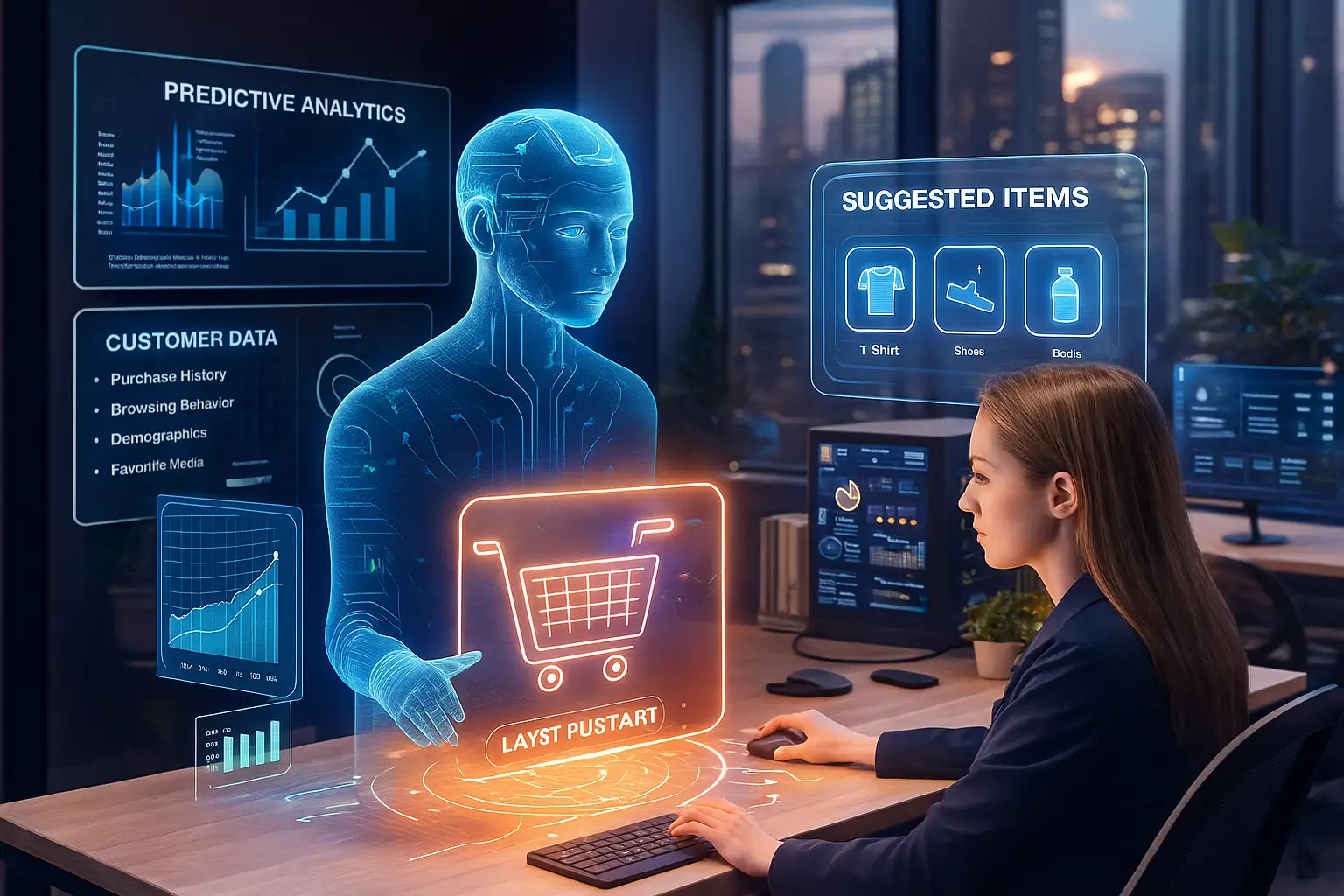
Predictive Commerce: How AI Can Anticipate What Your Customers Will Buy Next
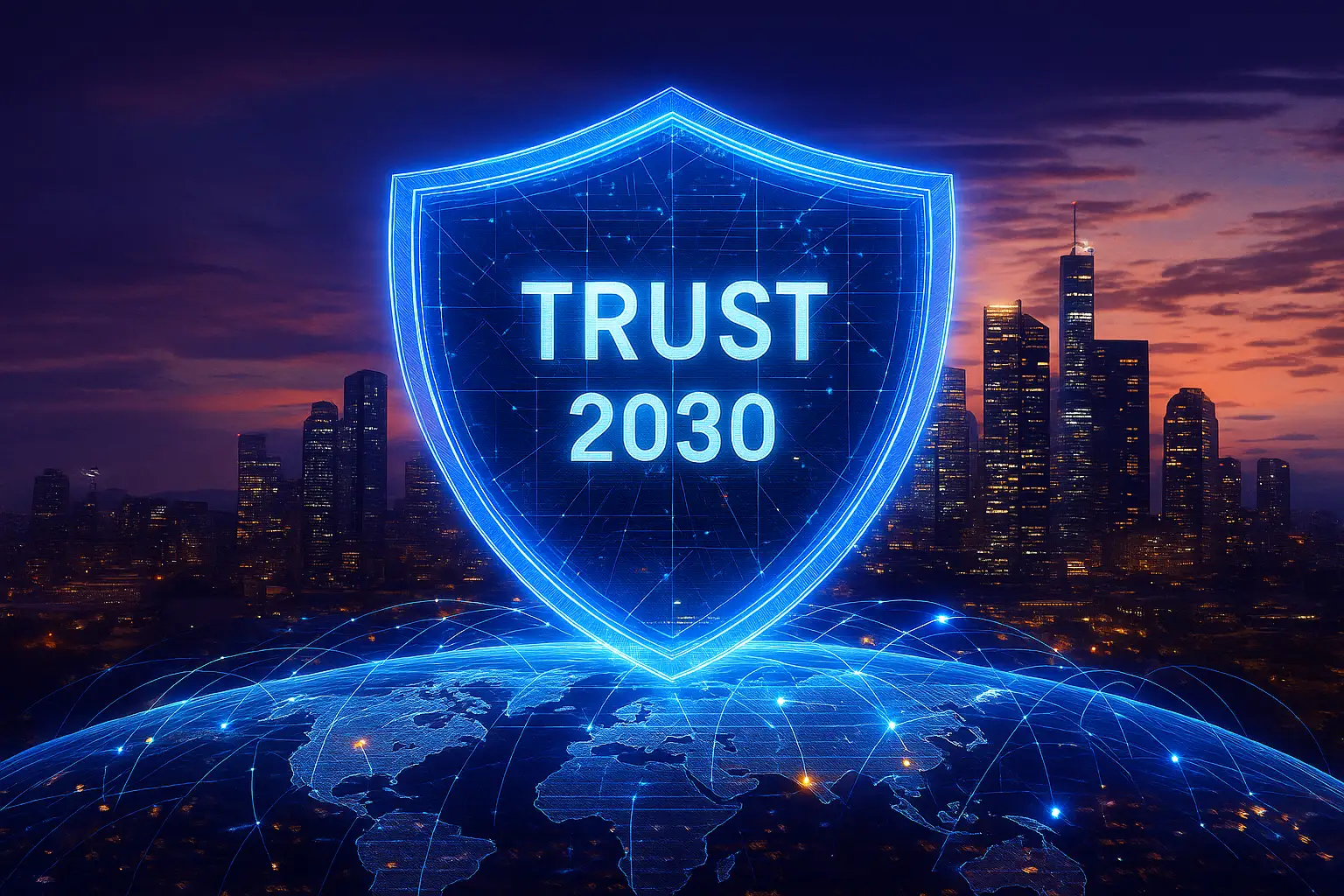
Digital Trust 2030: How AI and Cybersecurity Will Redefine Safety in the Digital Age
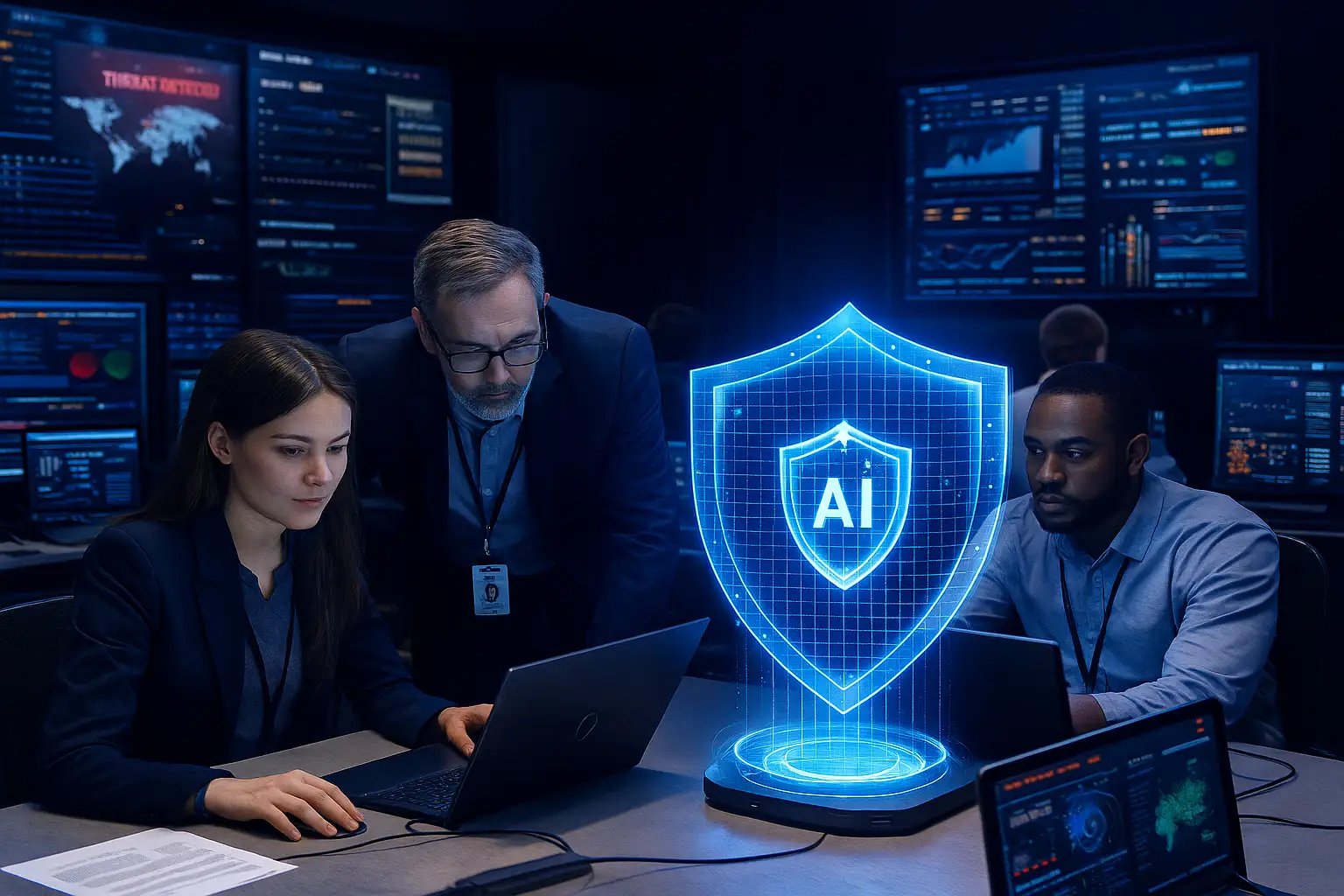
Cybersecurity in the Age of AI: Protecting Digital Trust in 2025–2030
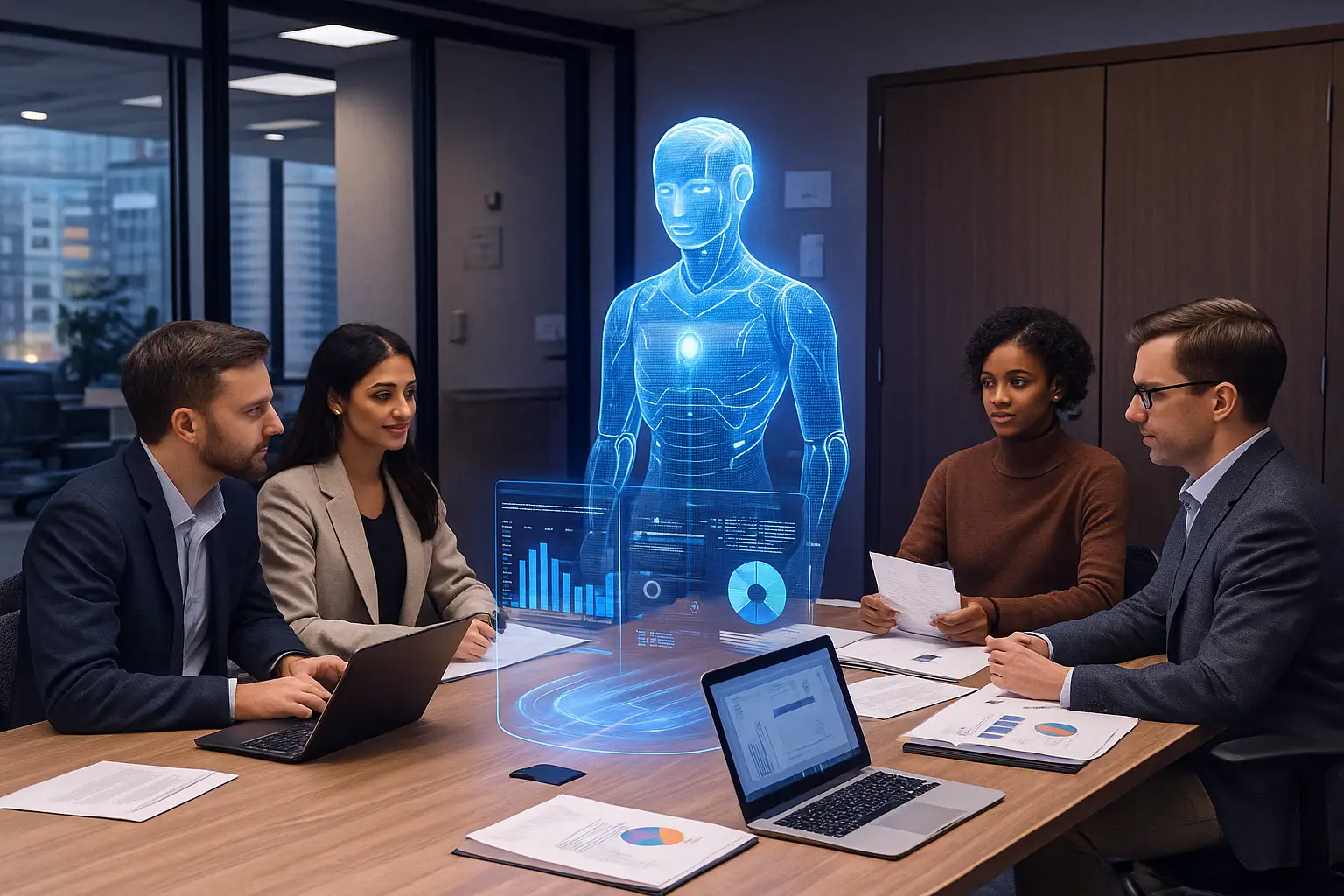
The Future of Work: Humans and AI as Teammates
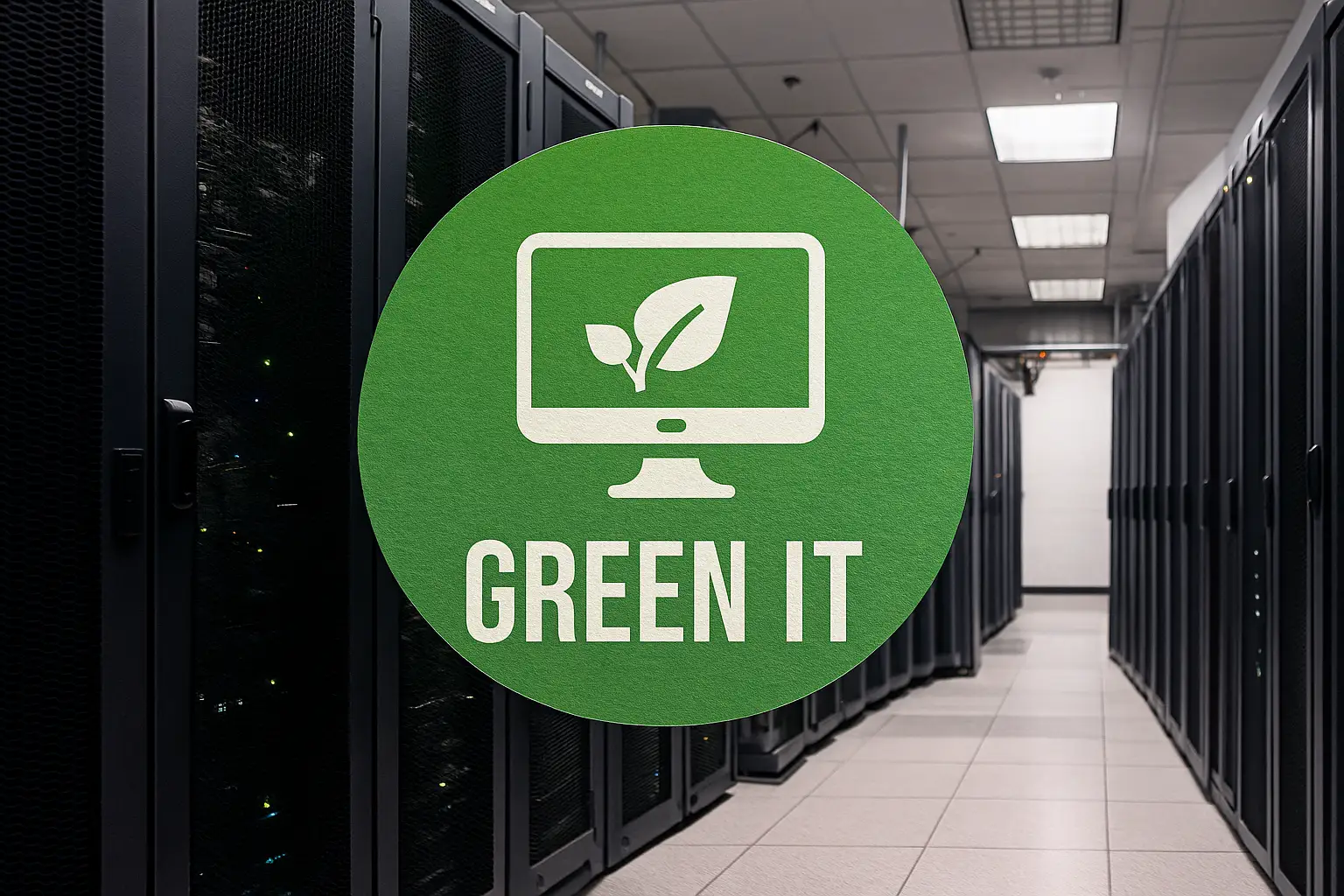
Green IT: How the Tech Industry Must Adapt for a Sustainable Future

Growth Marketing – A Fast-Track Strategy for Modern Businesses
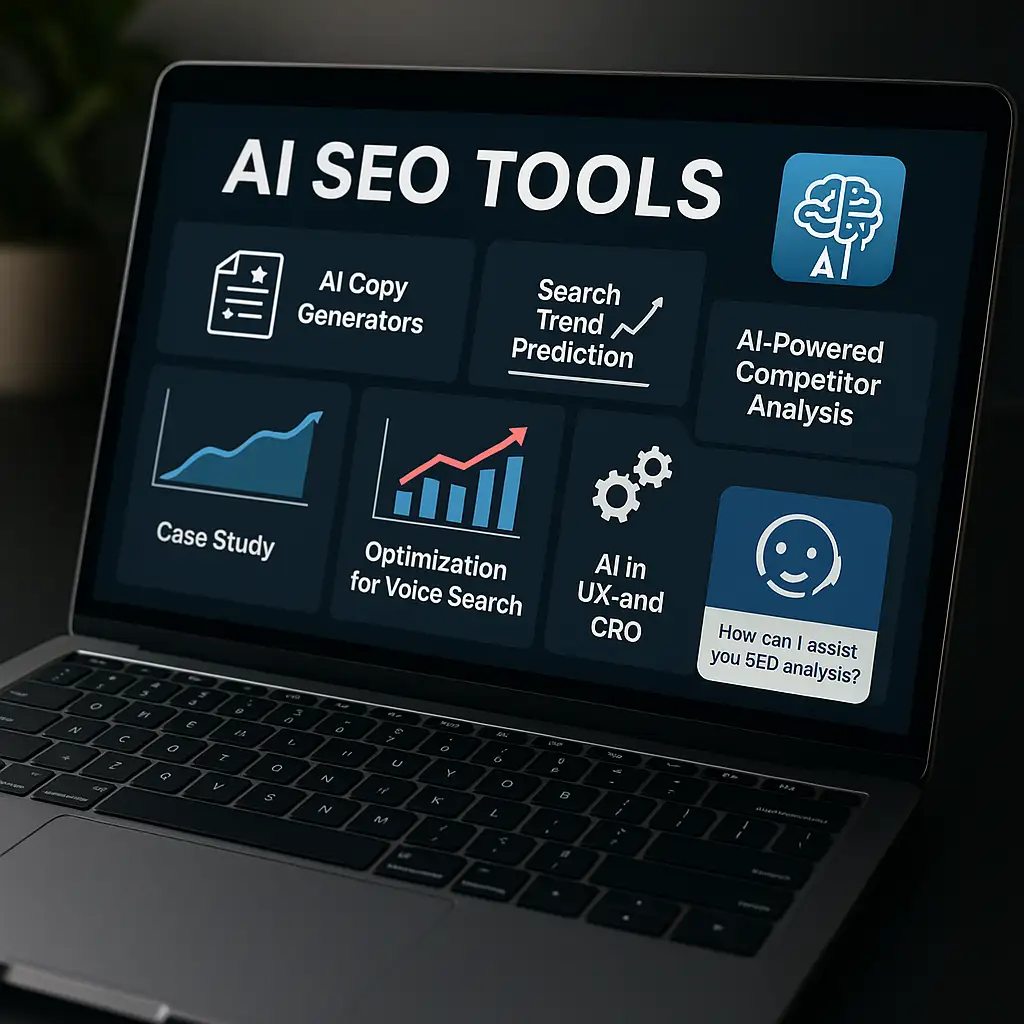
AI SEO Tools – 5 Technologies Revolutionizing Online Stores
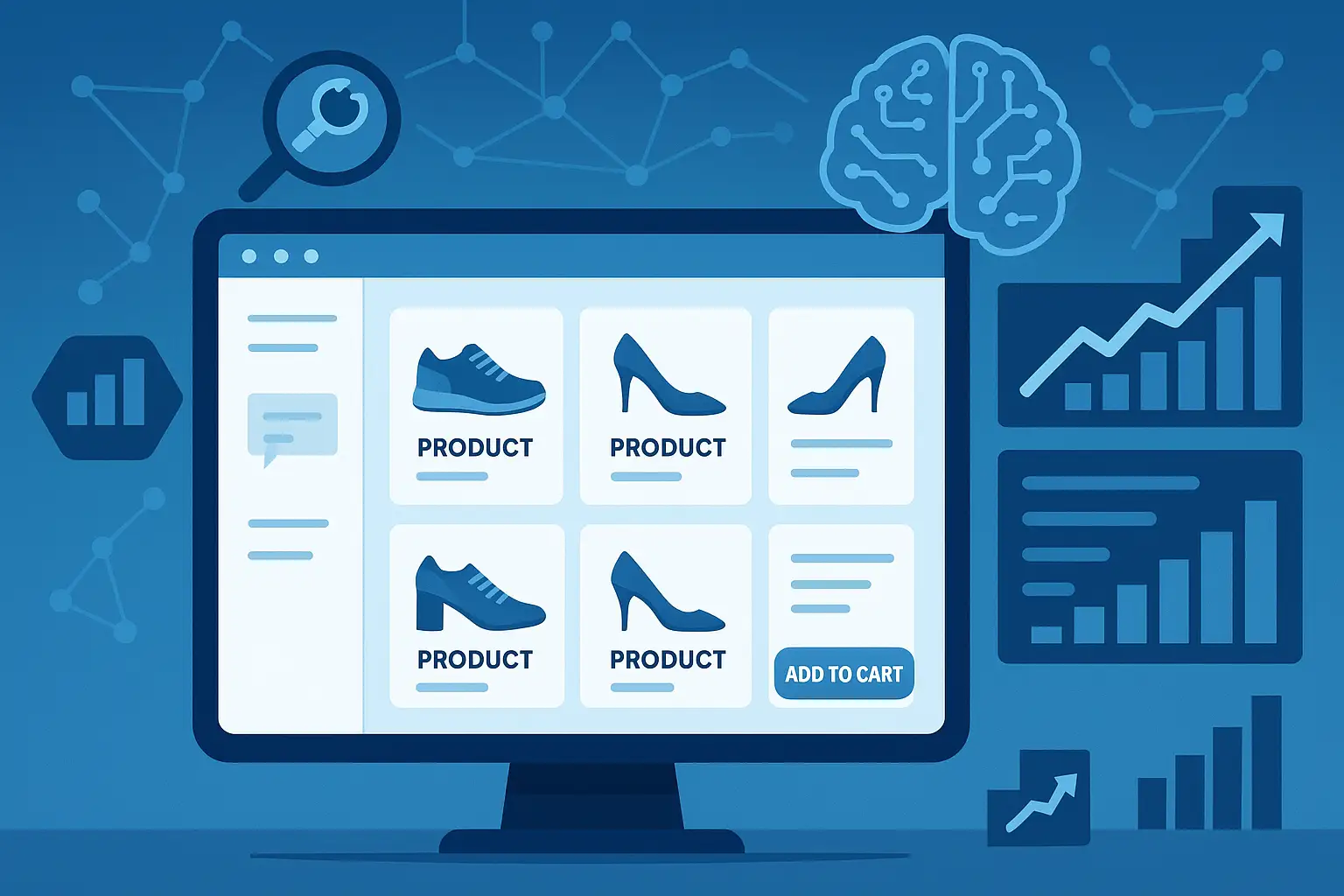
AI SEO – How Artificial Intelligence Is Transforming Online Store Optimization

Product-Led Growth – When the Product Sells Itself
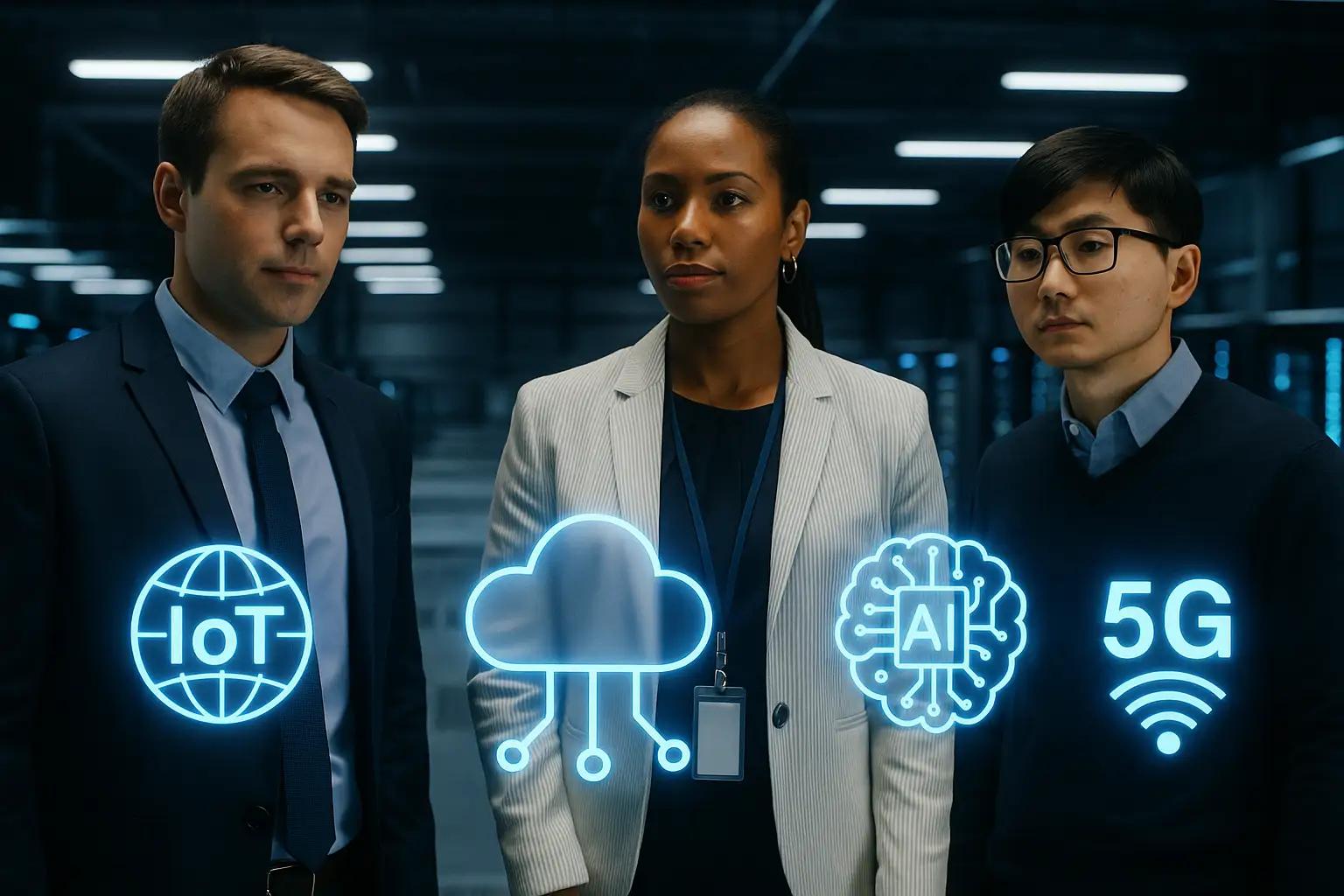
Technology in IT – Trends Shaping the Future of Business and Everyday Life
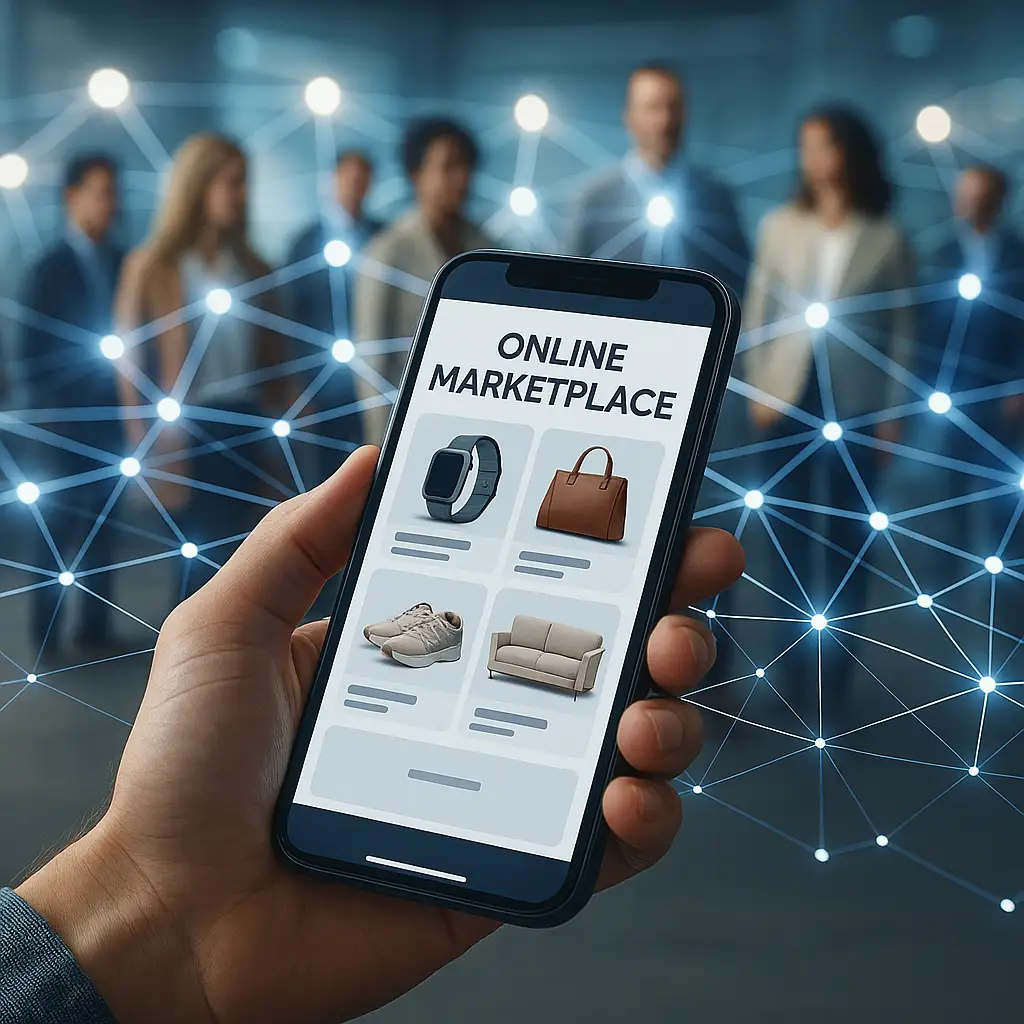
Marketplace Growth – How Exchange Platforms and E-commerce Build the Network Effect
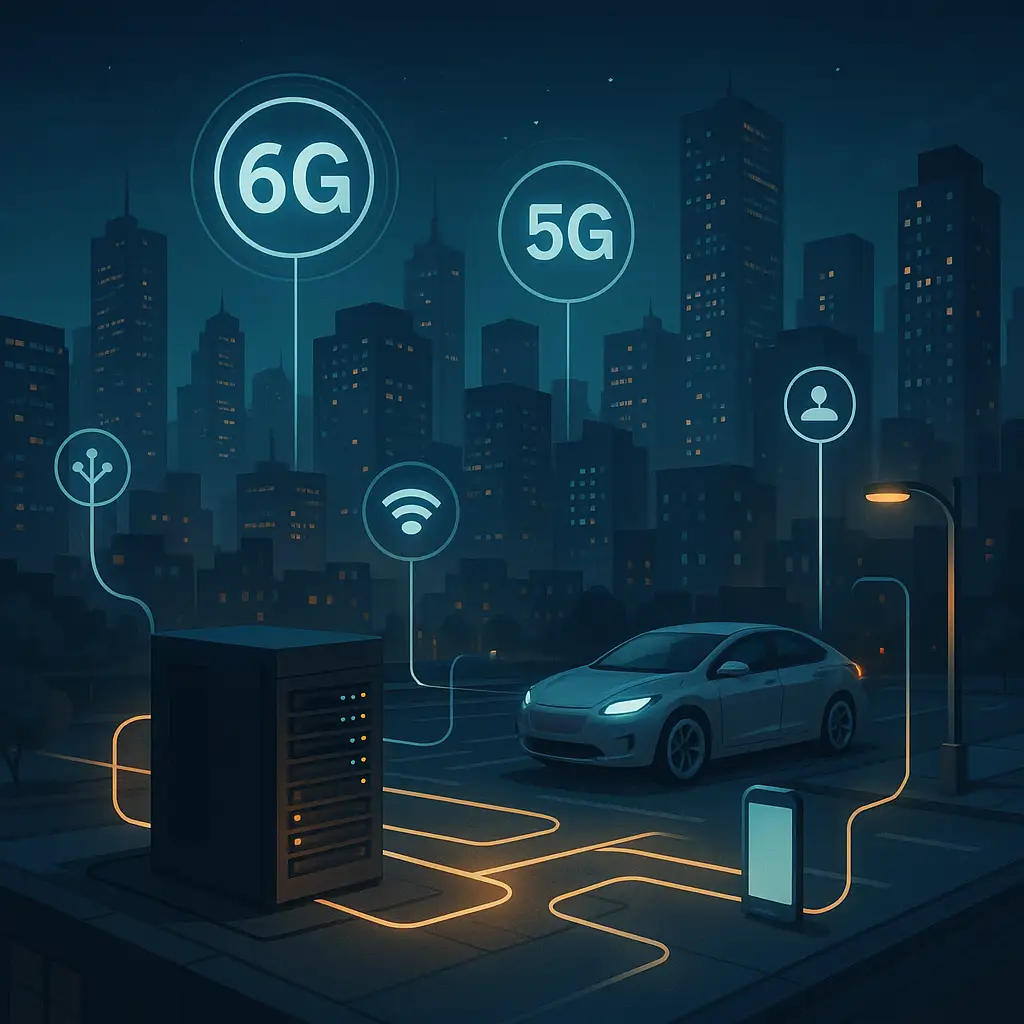
Edge Computing – Bringing Processing Power Closer to the User

Agentic AI in Applications – When Software Starts Acting on Its Own
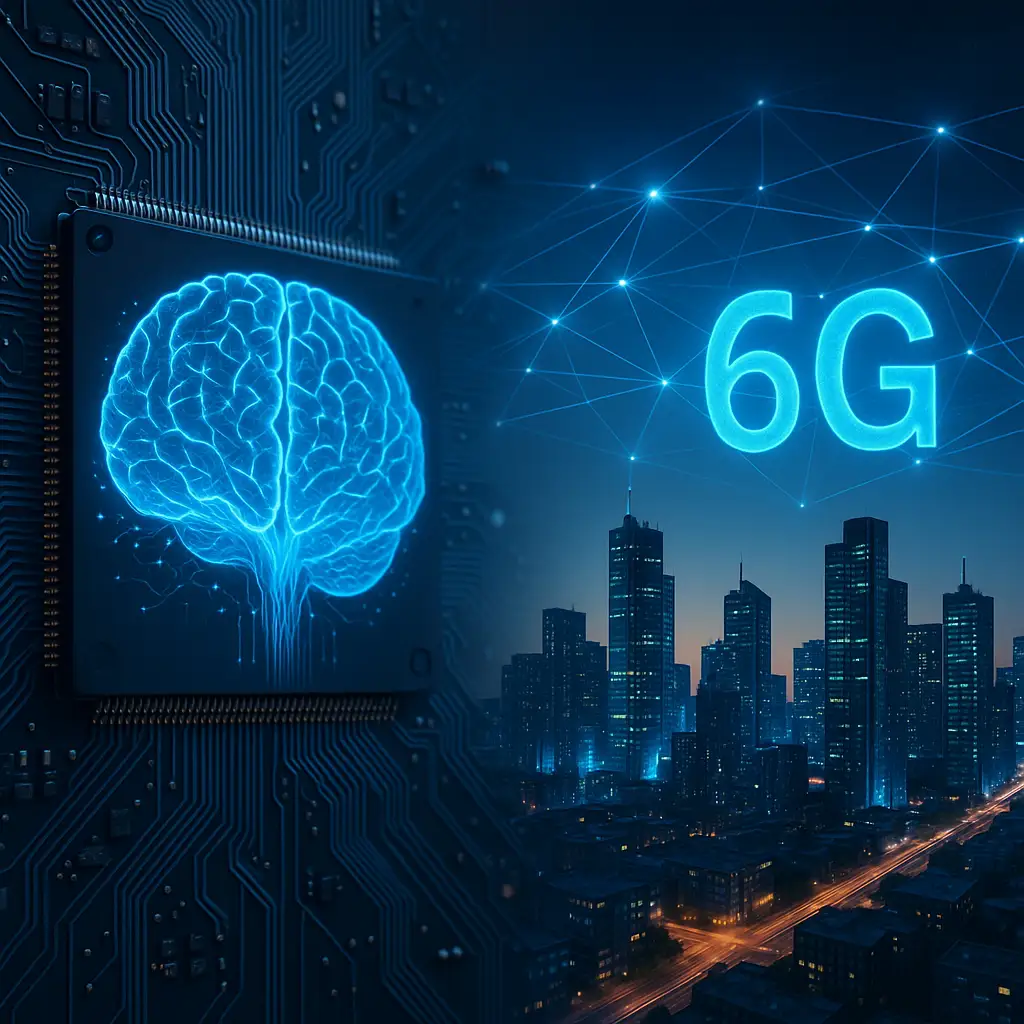
Neuromorphic Computers and 6G Networks – The Future of IT That Will Change the Game

Meta Llama 3.2 – The Open AI That Could Transform E-Commerce and SEO
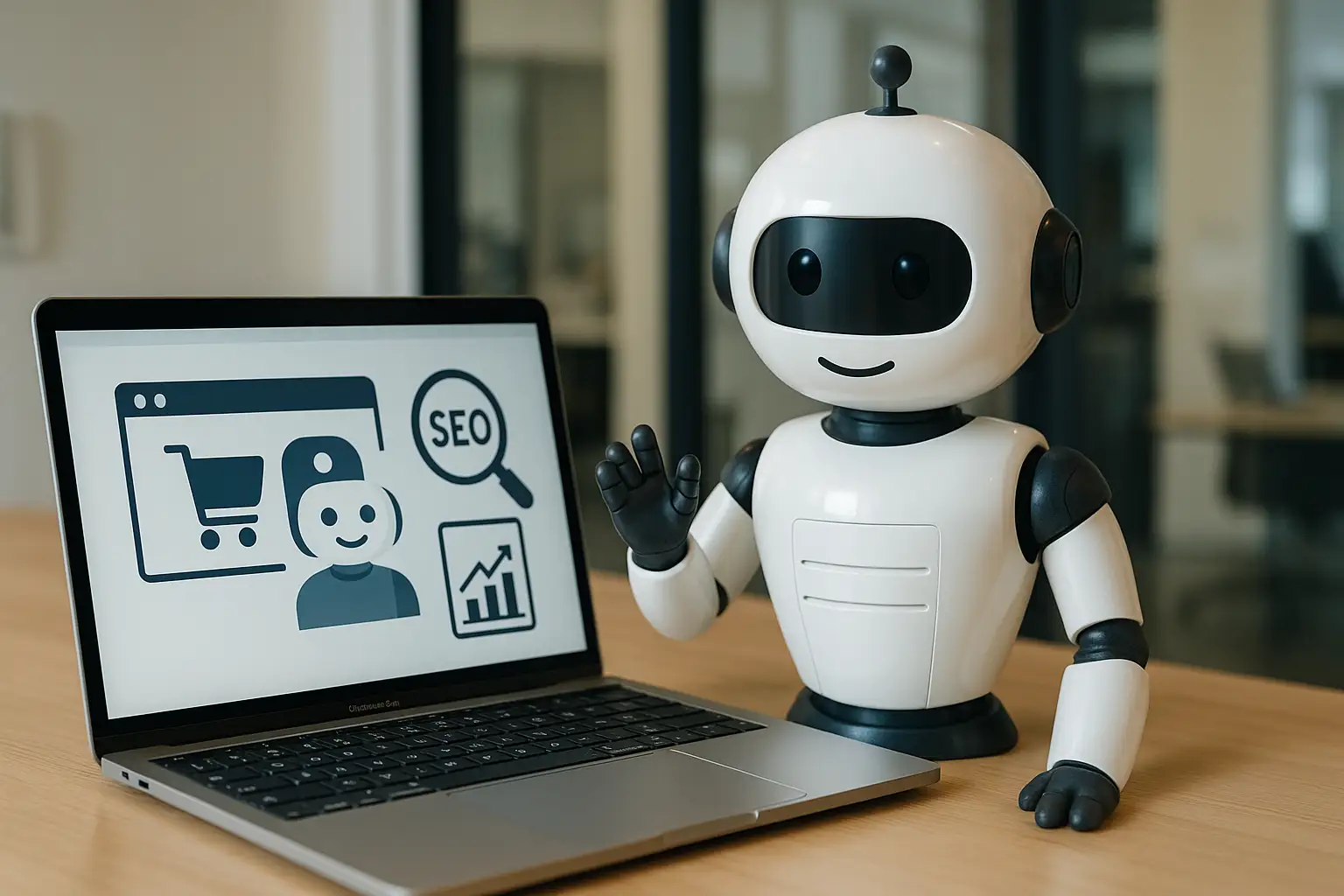
AI Chatbot for Online Stores and Apps – More Sales, Better SEO, and Happier Customers

5 steps to a successful software implementation in your company
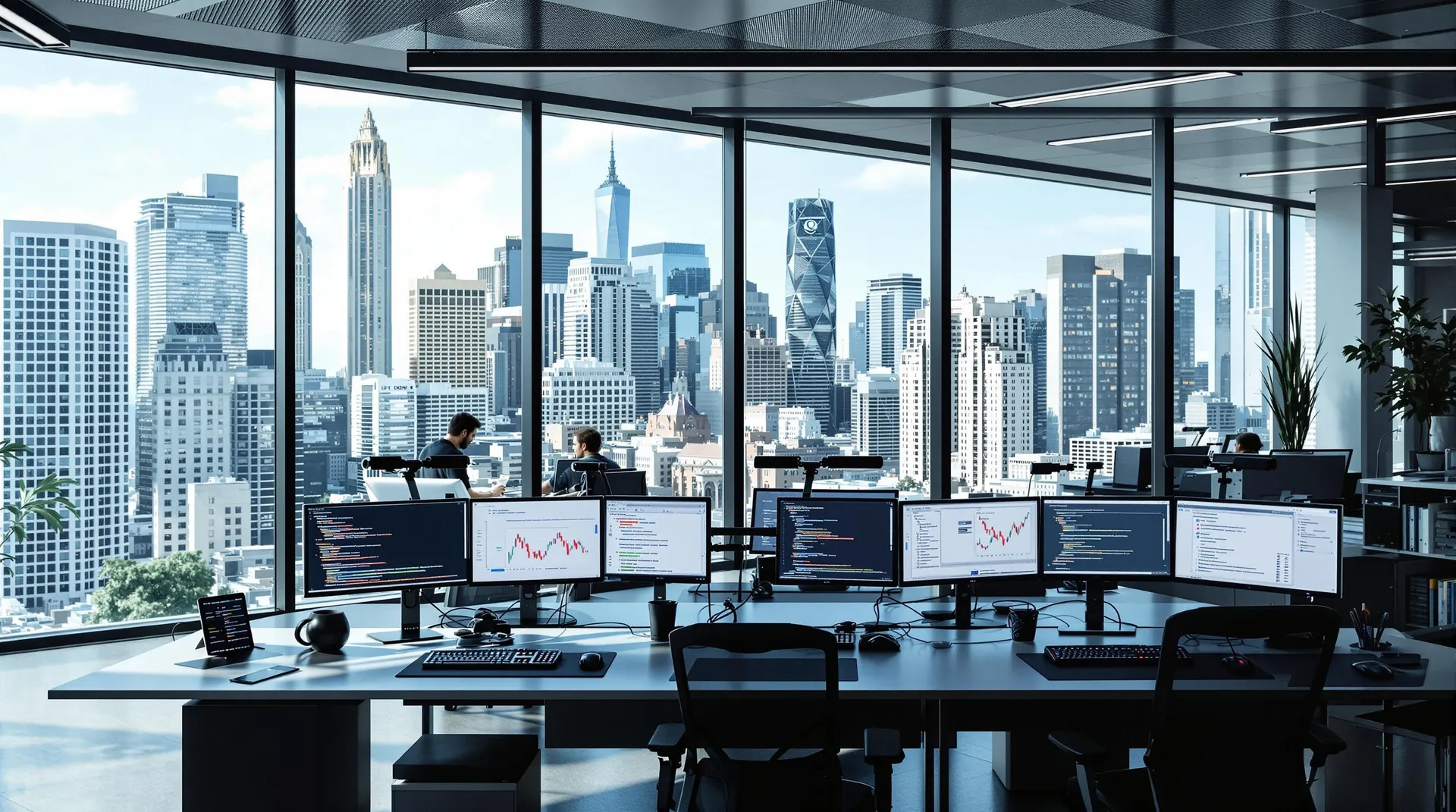
Innovative IT solutions — why invest now?
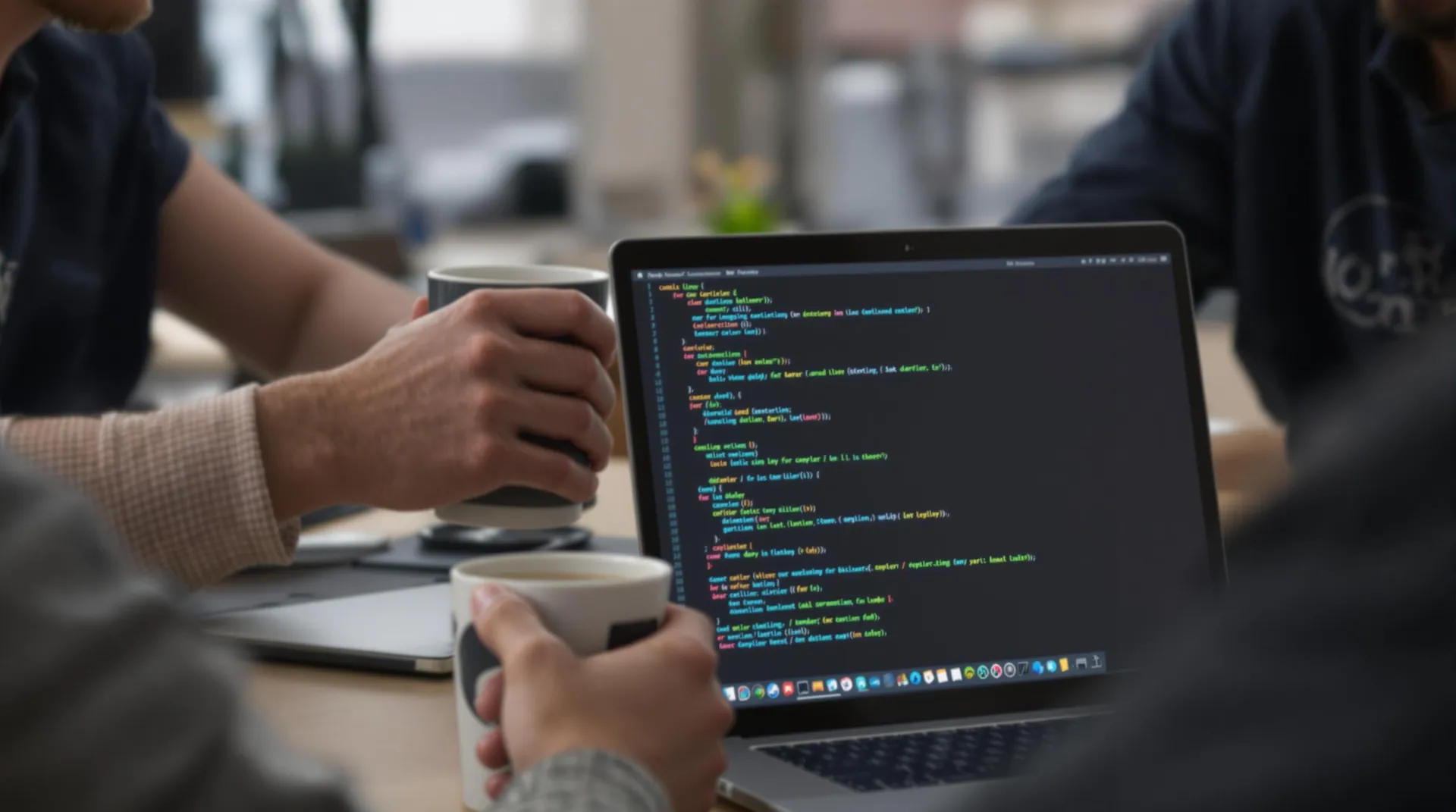
Innovative software development methods for your business

5 steps to successfully implement technological innovation in your company
